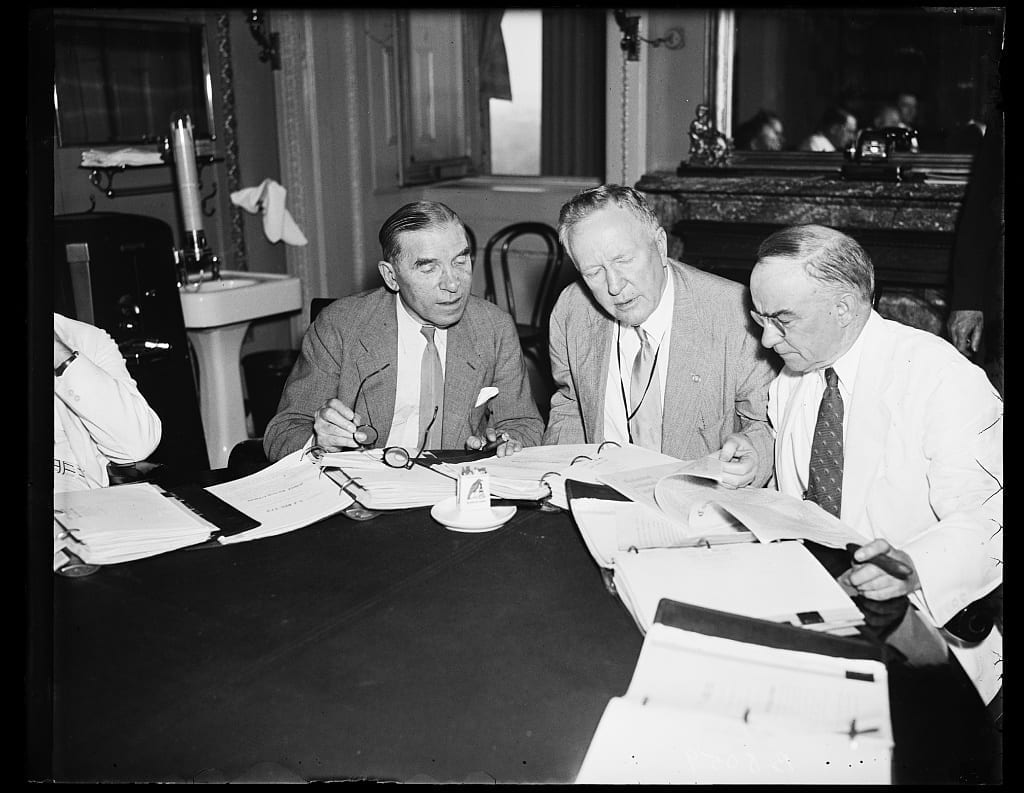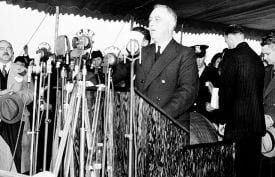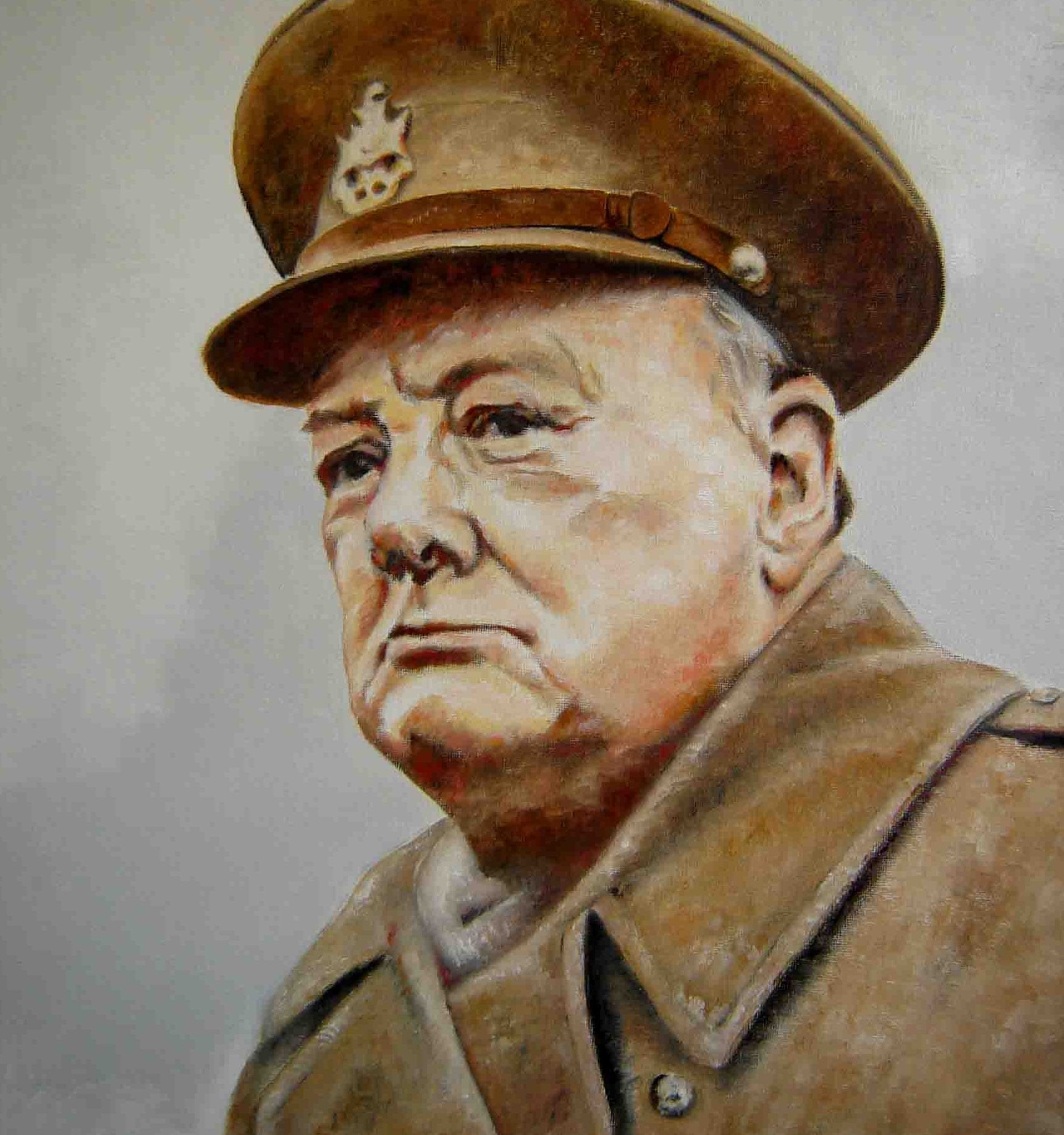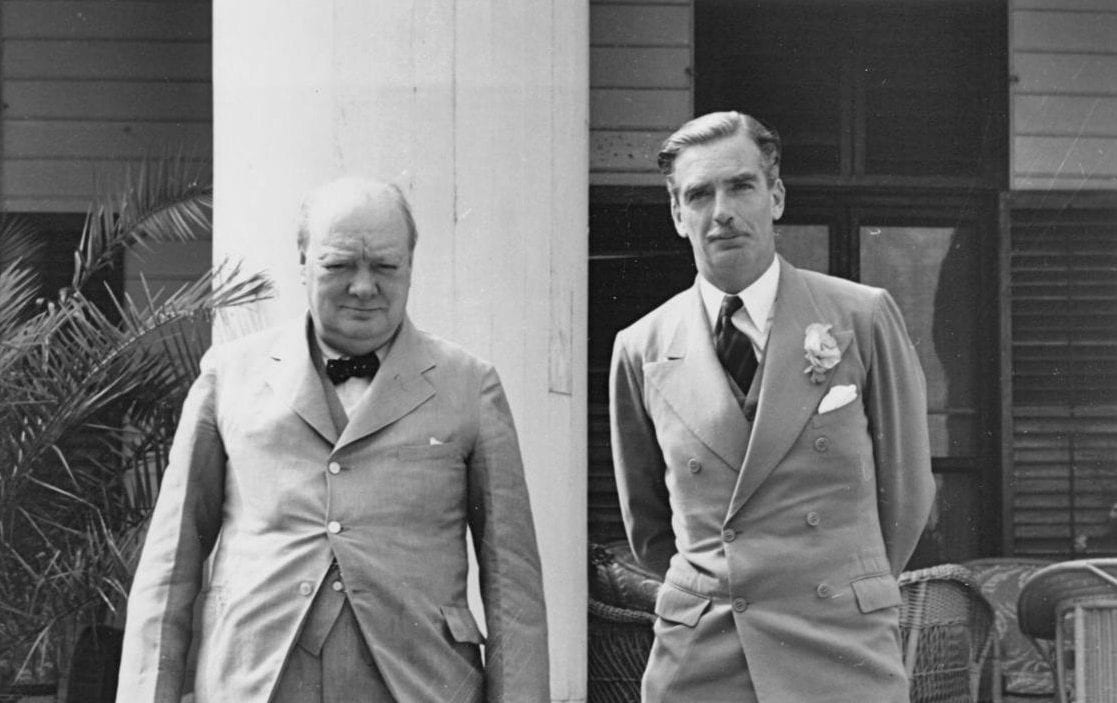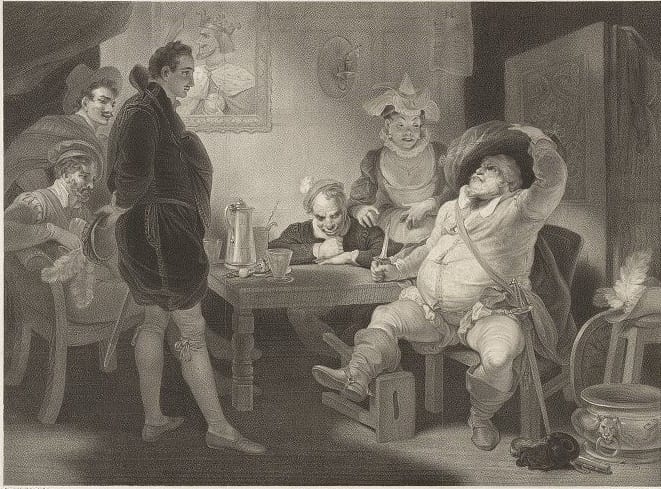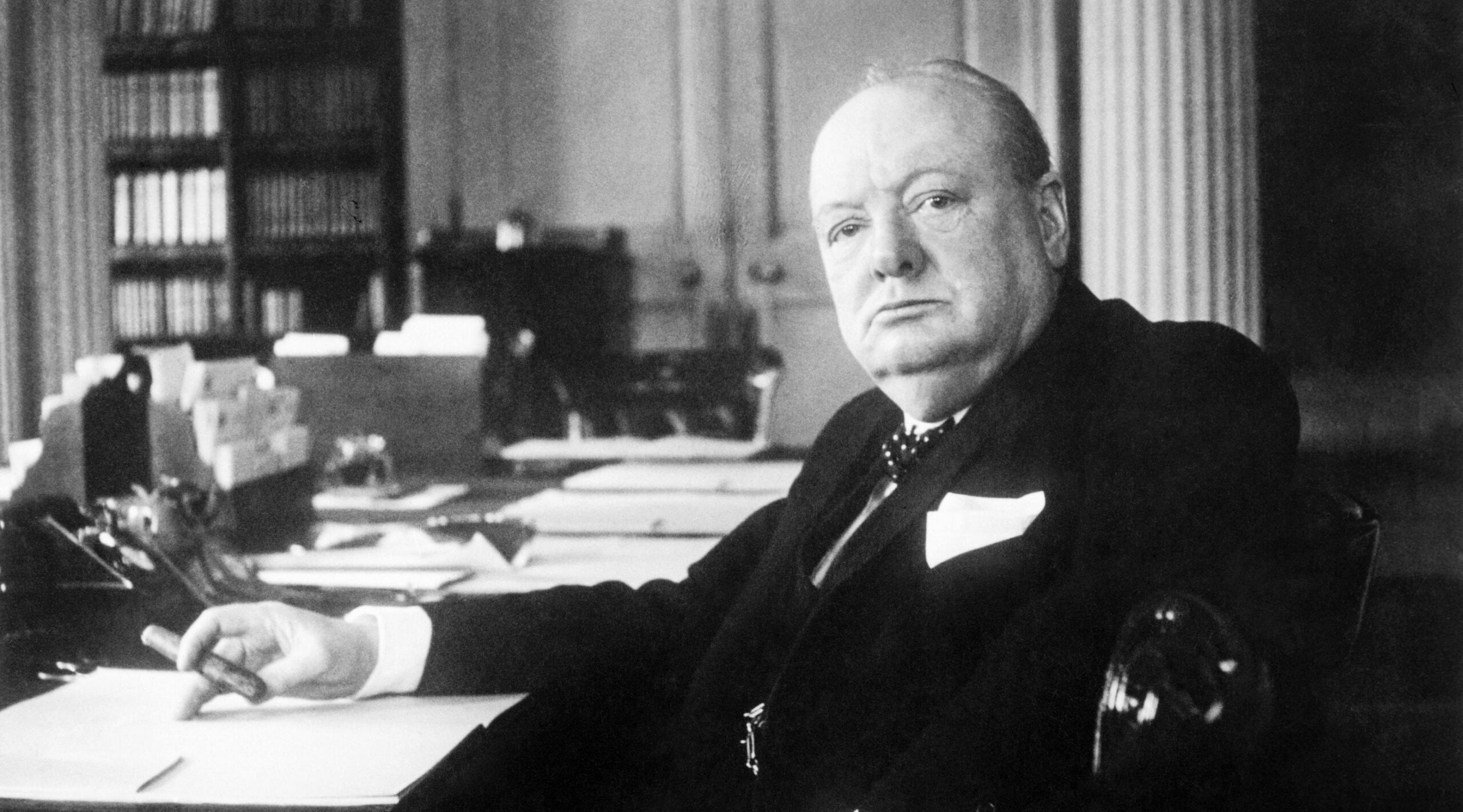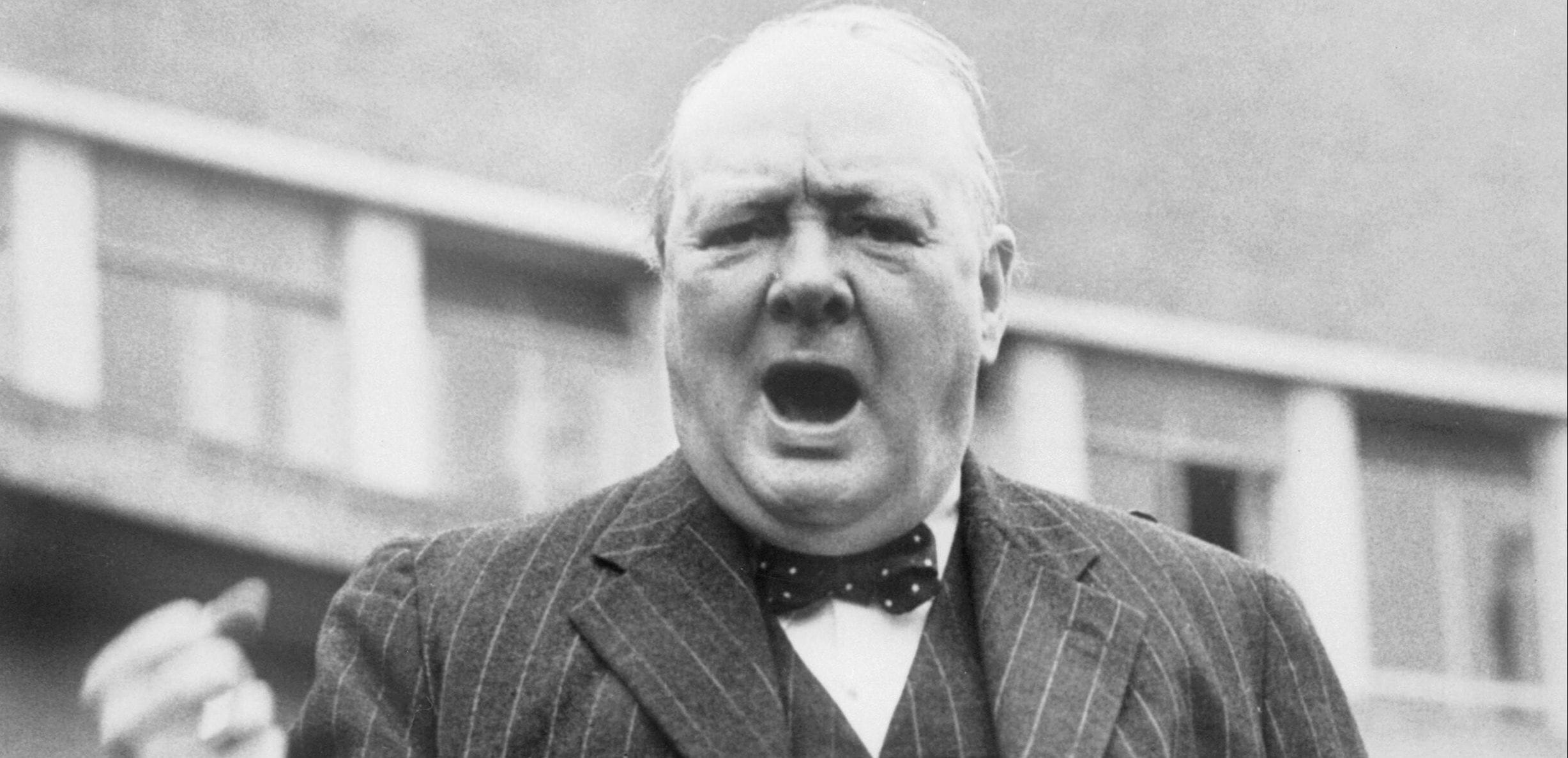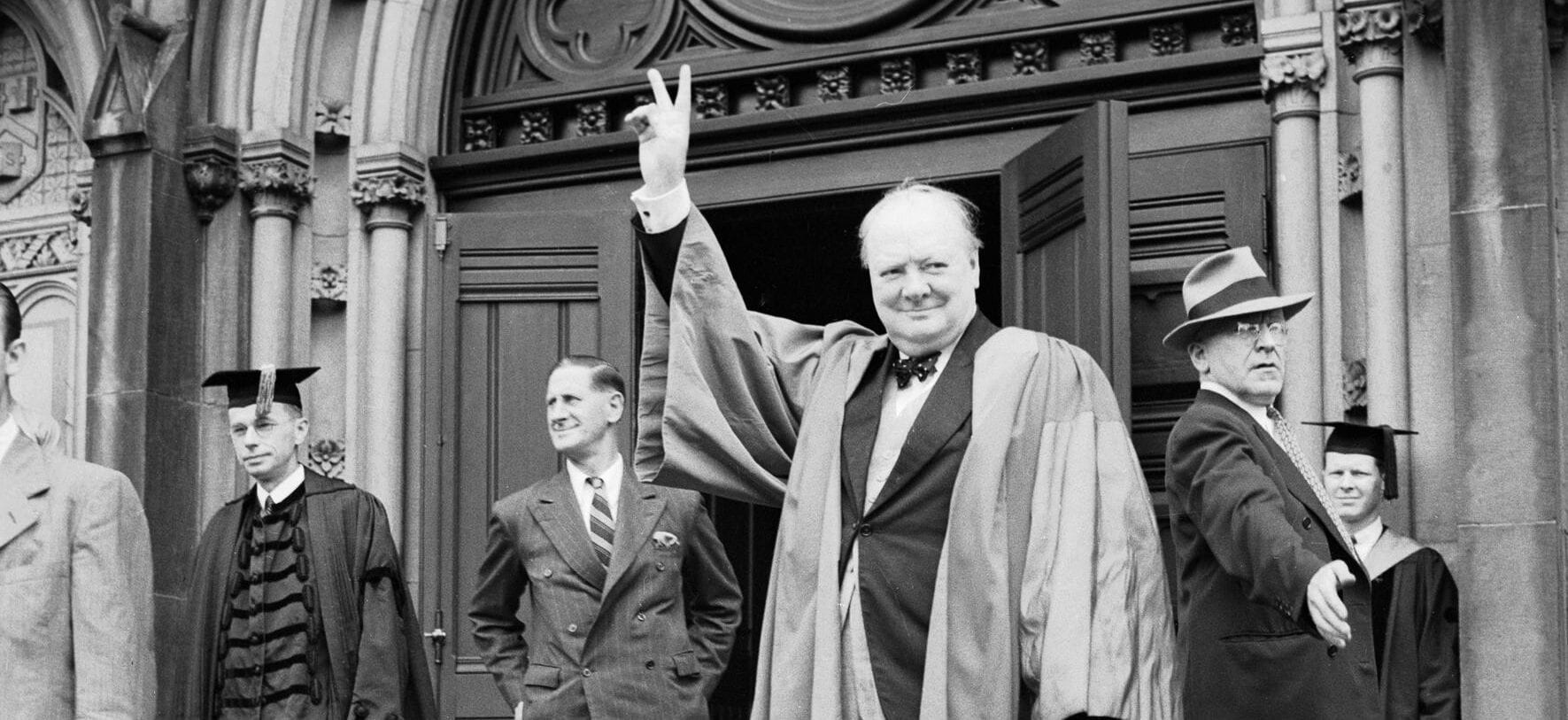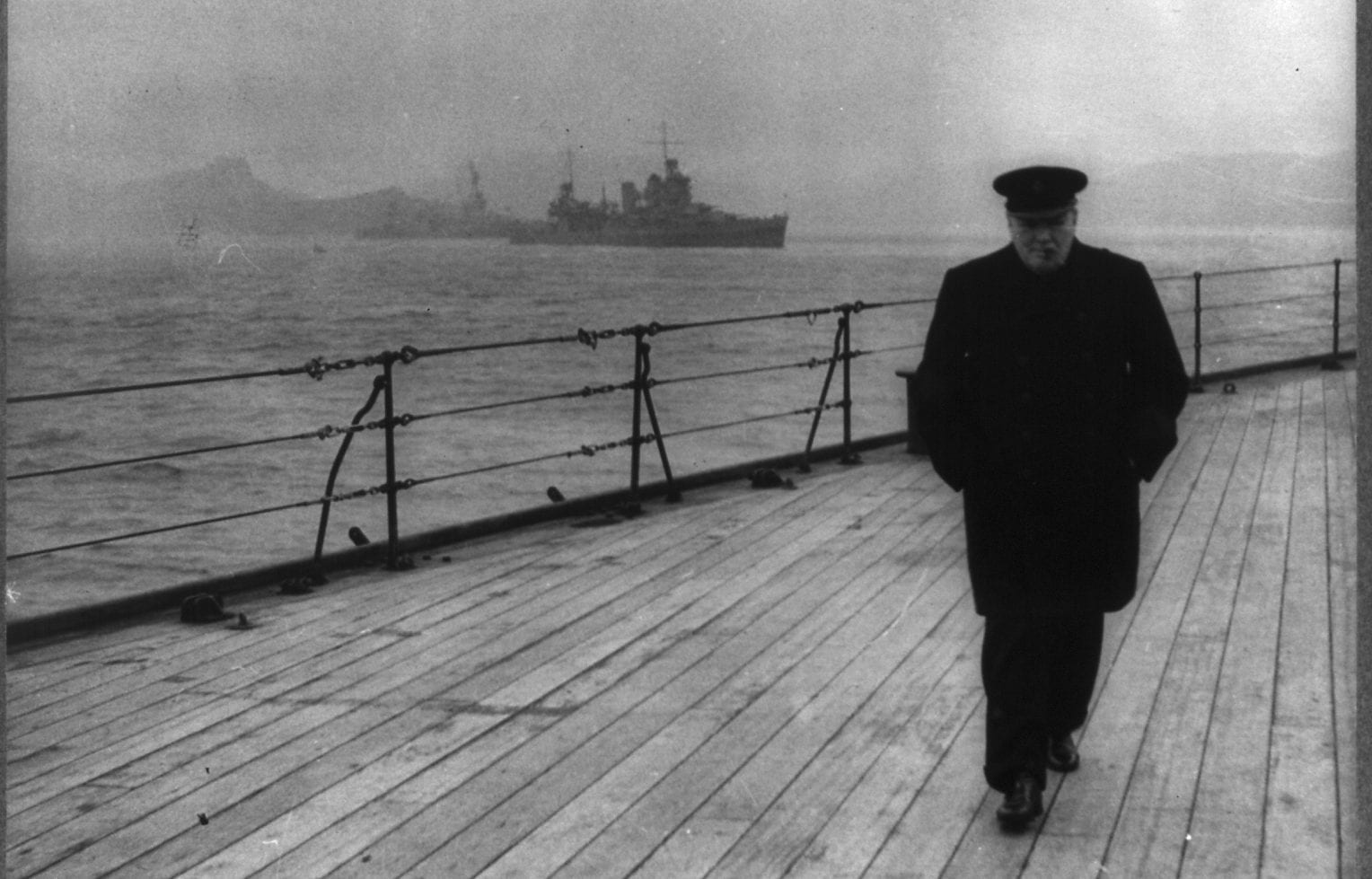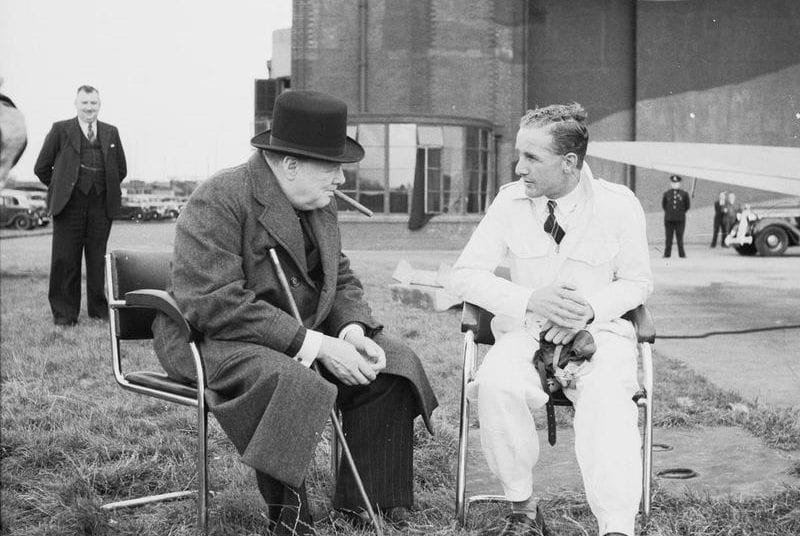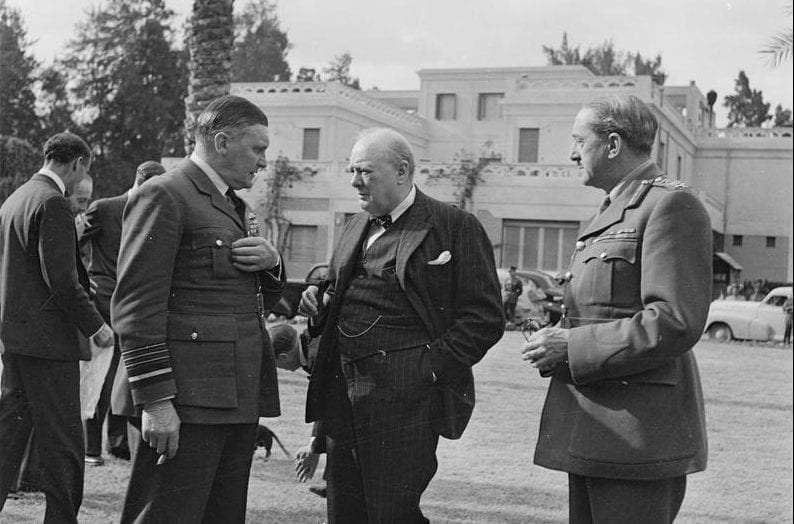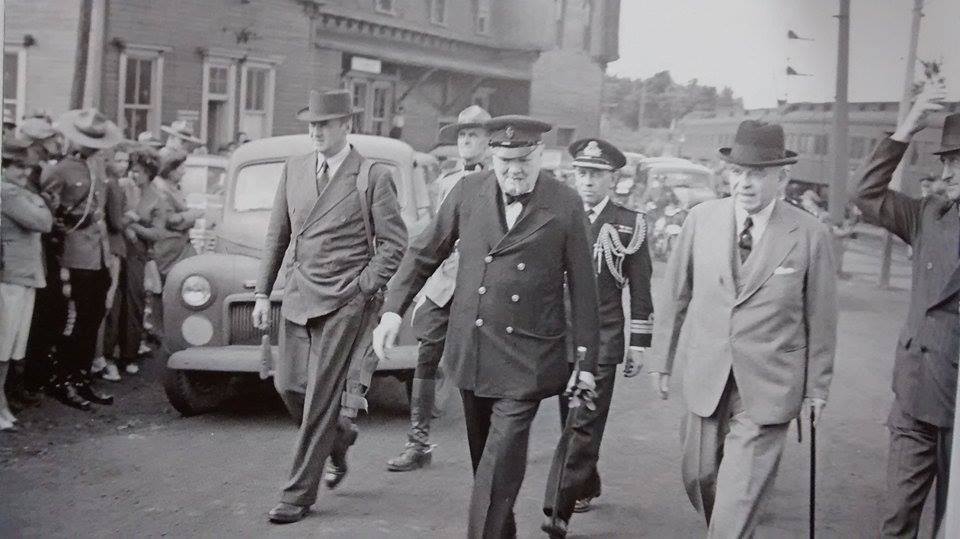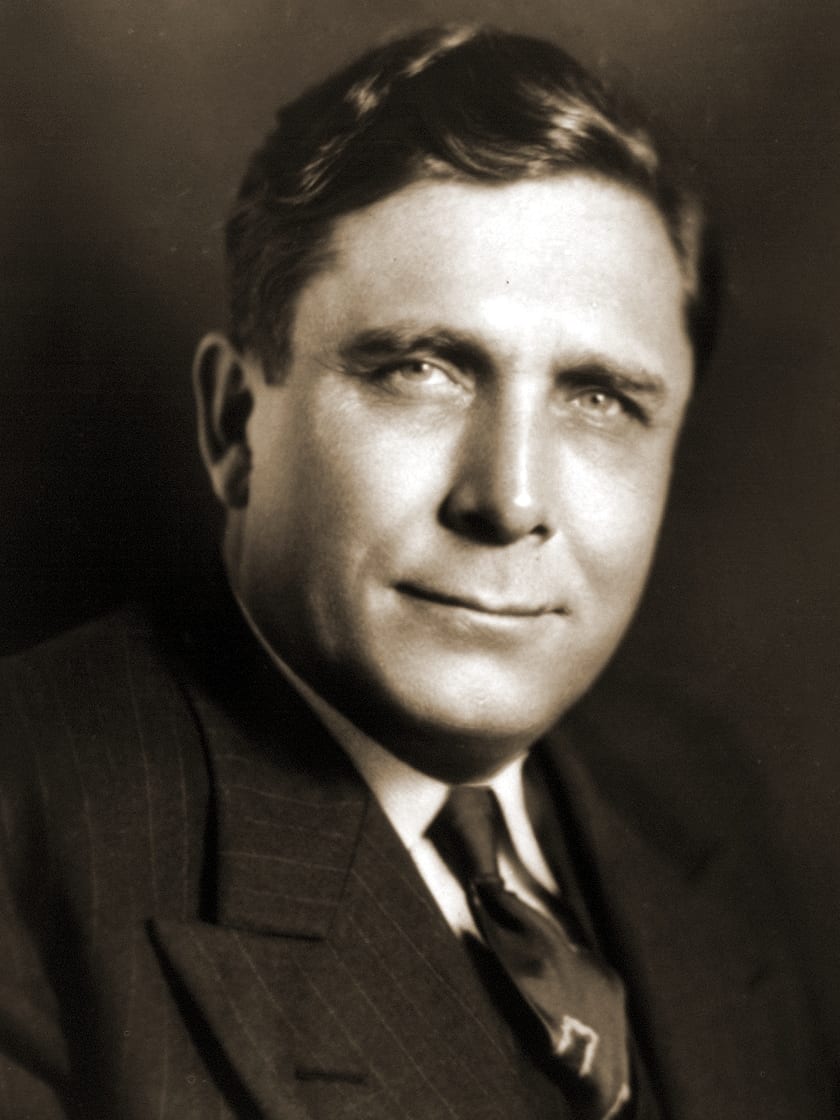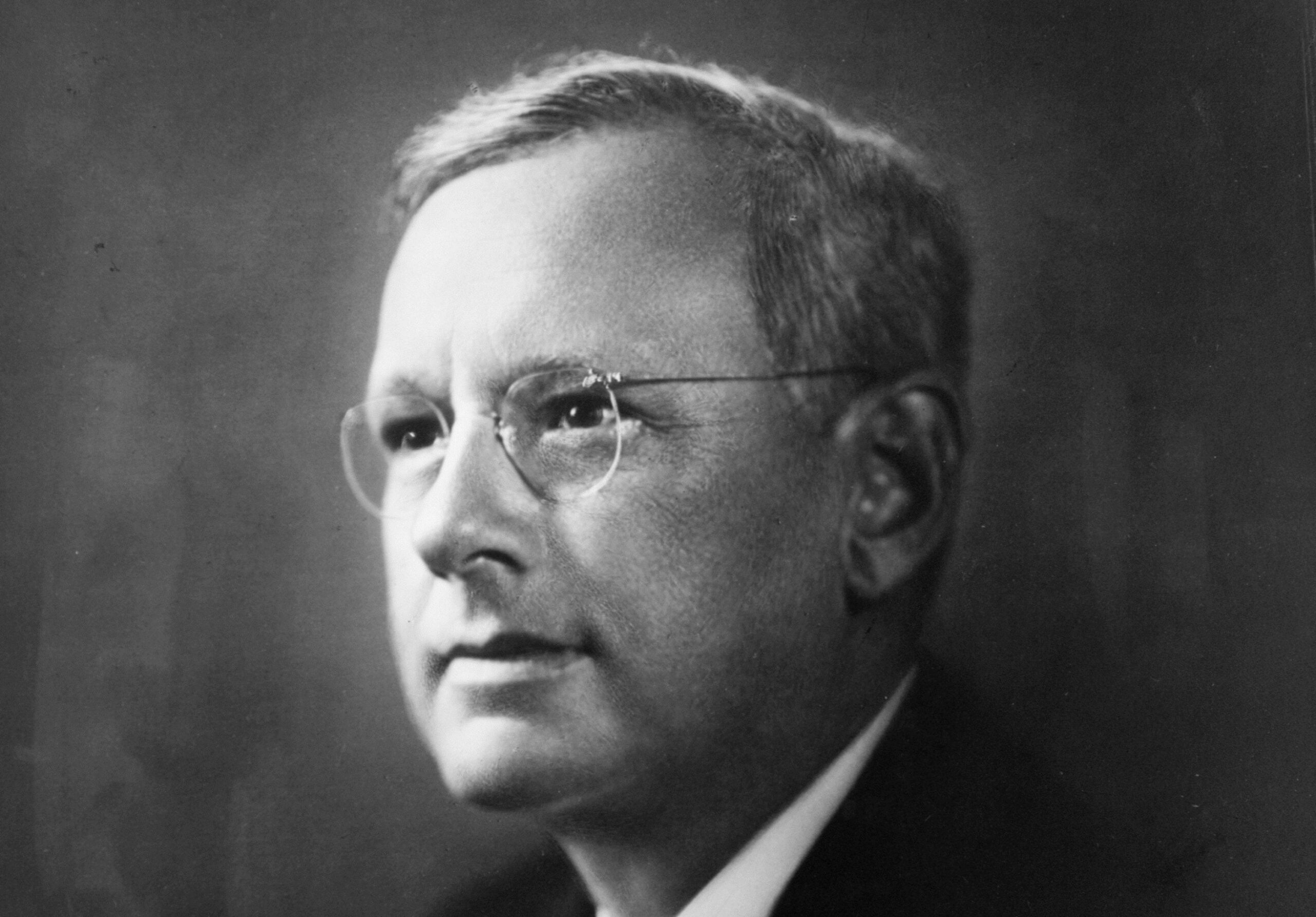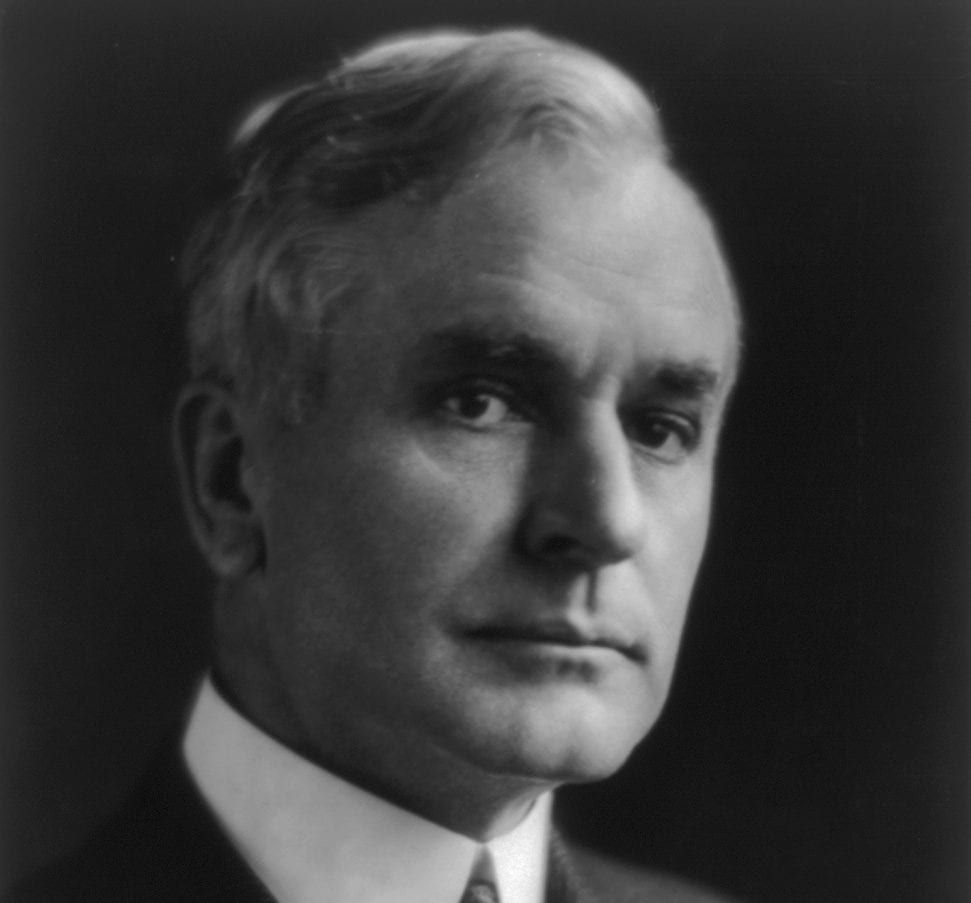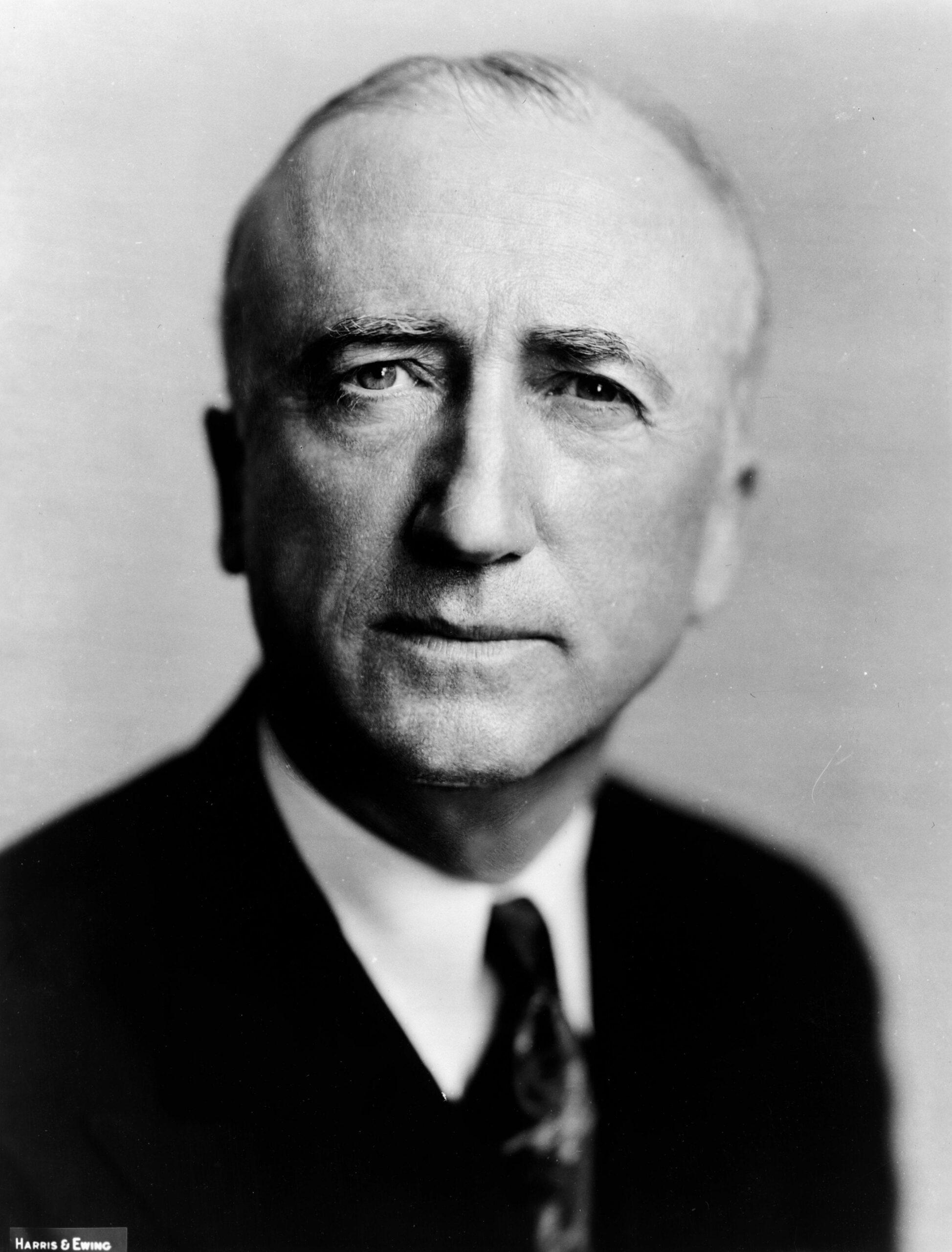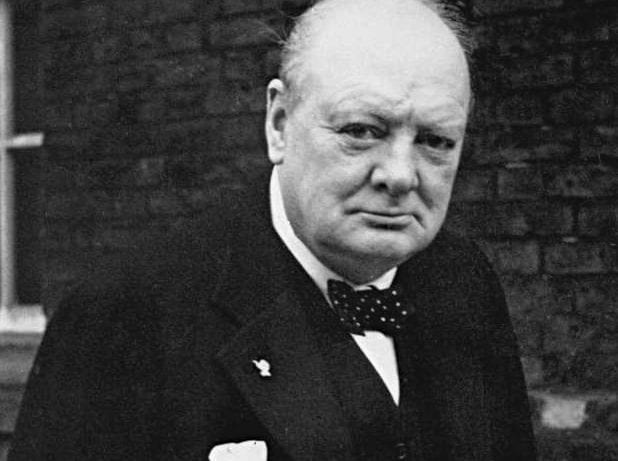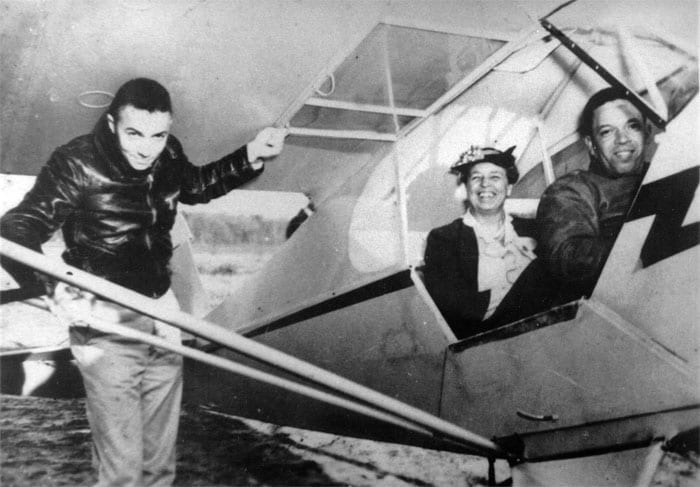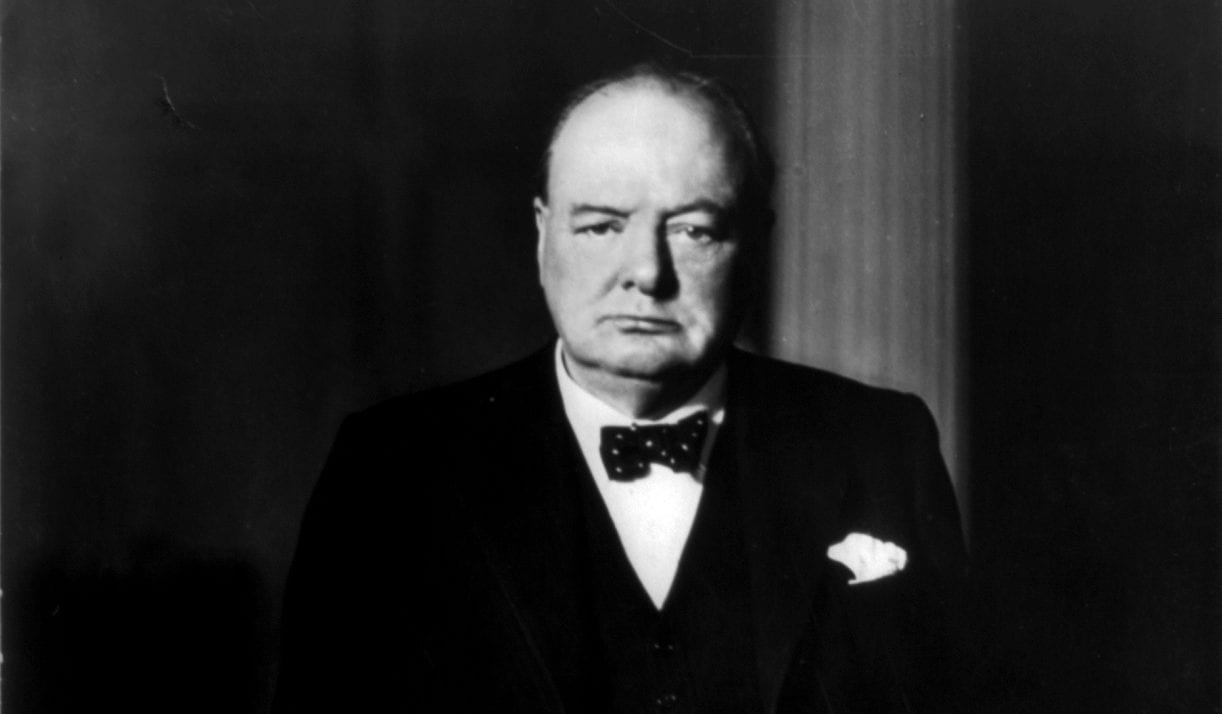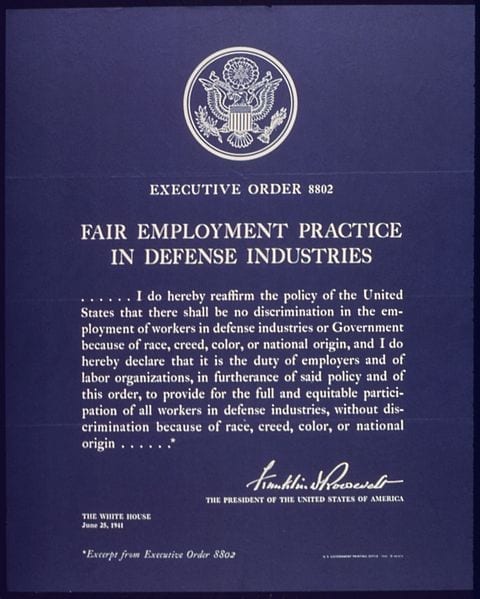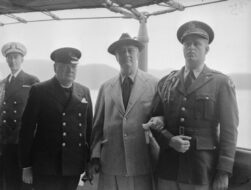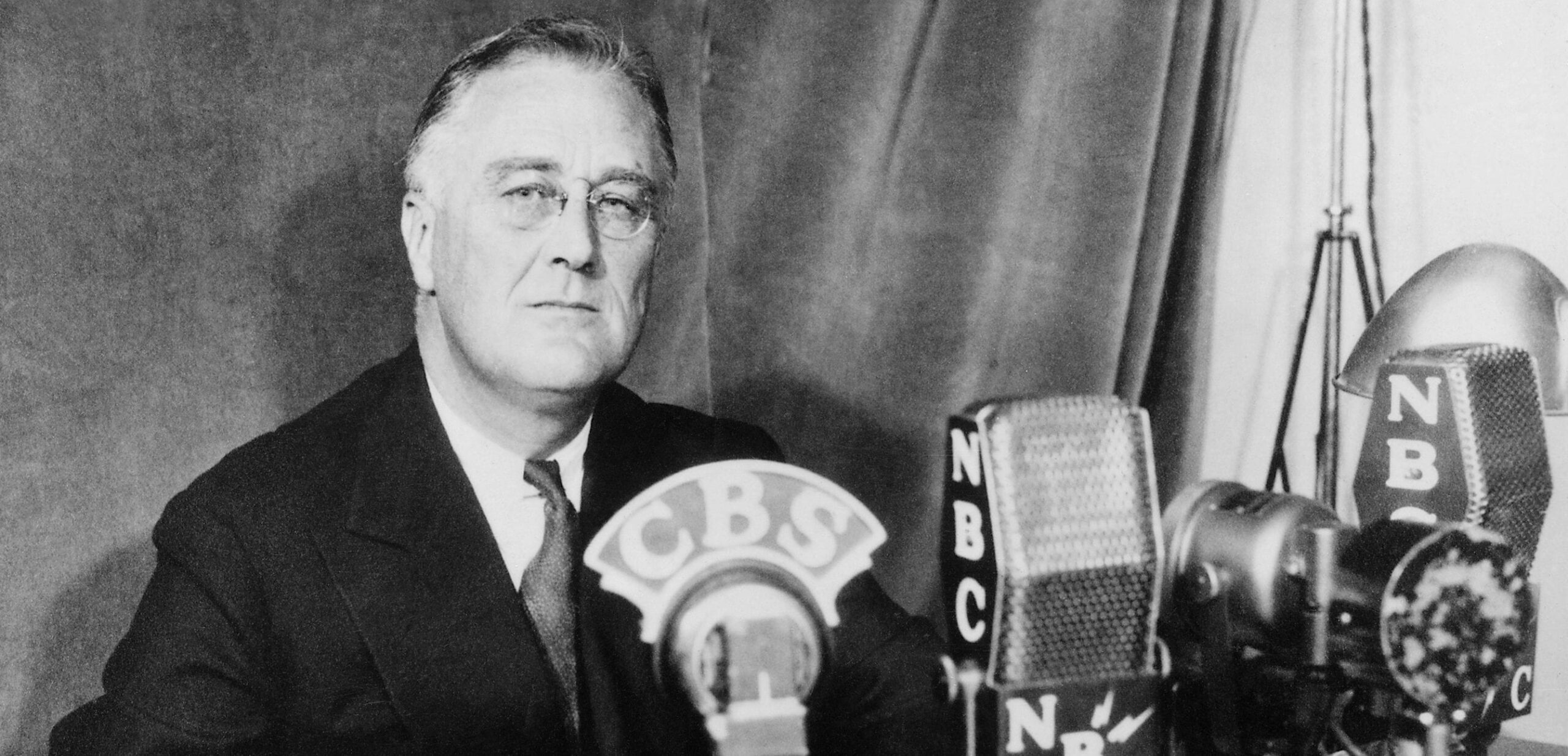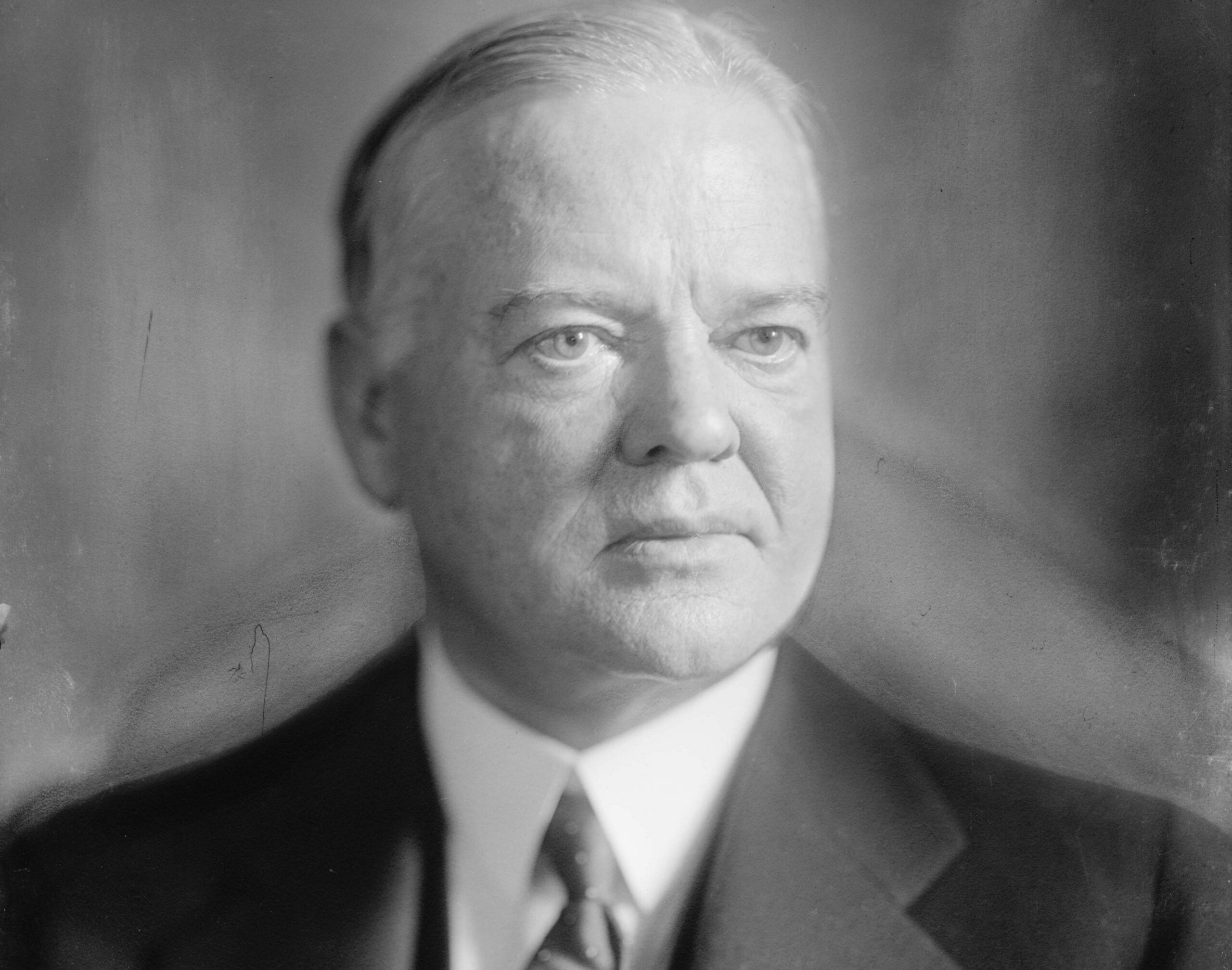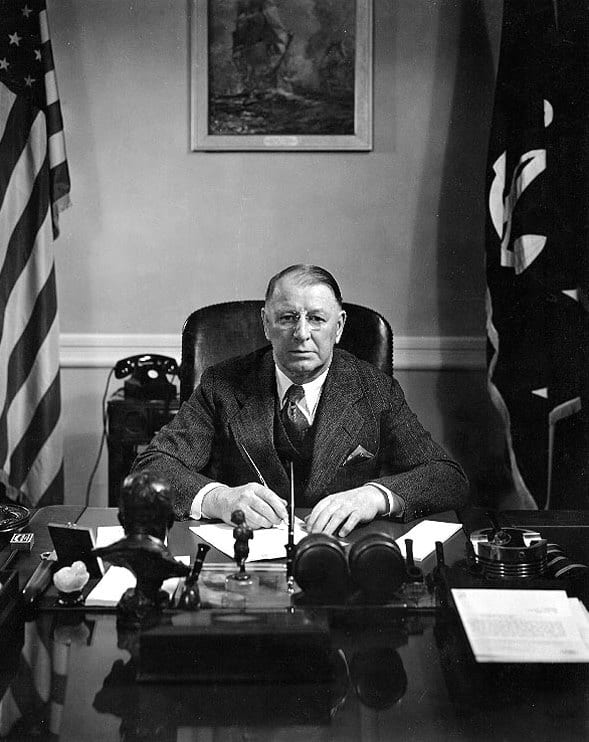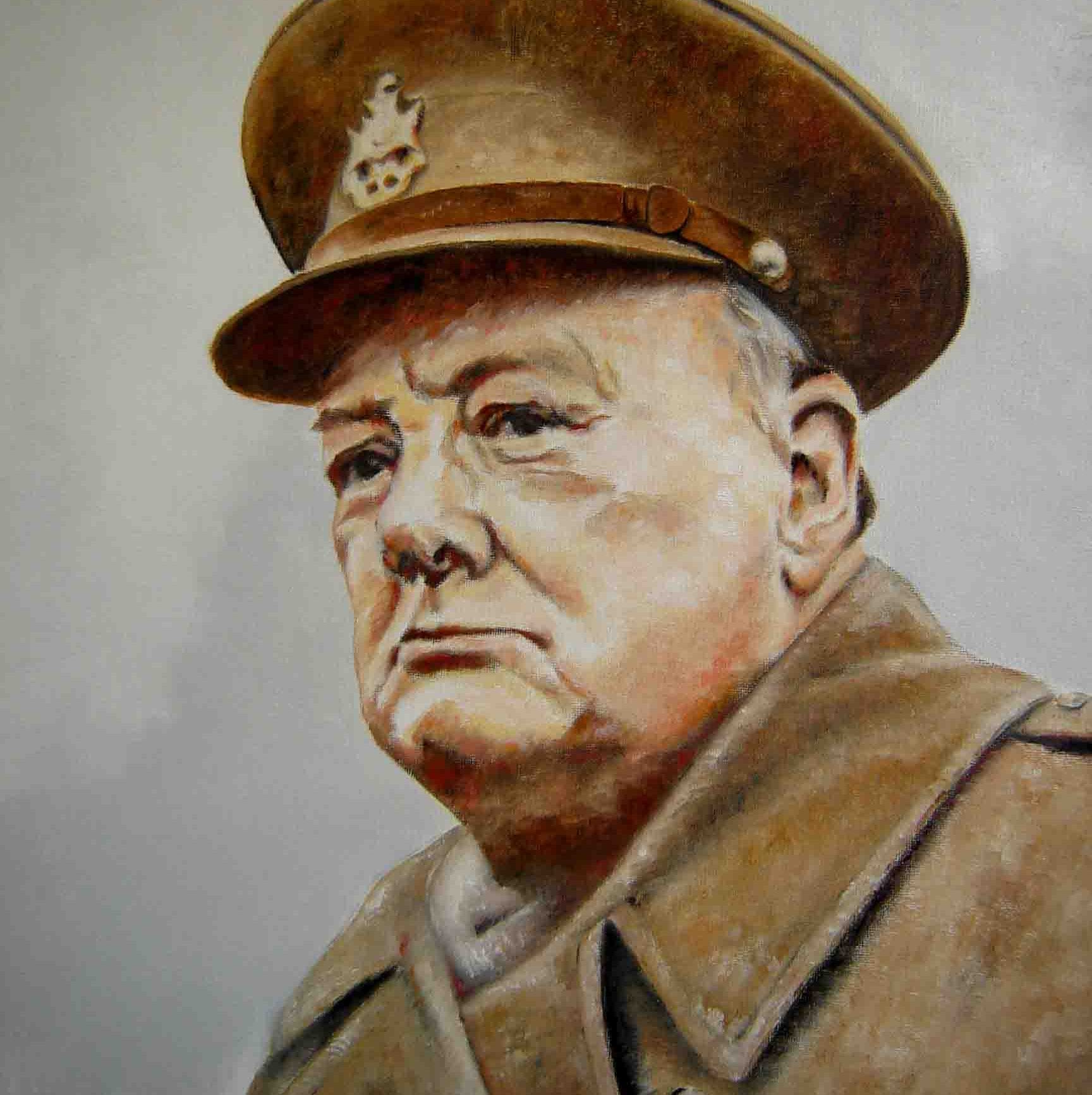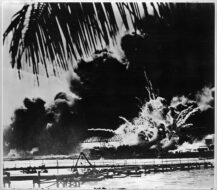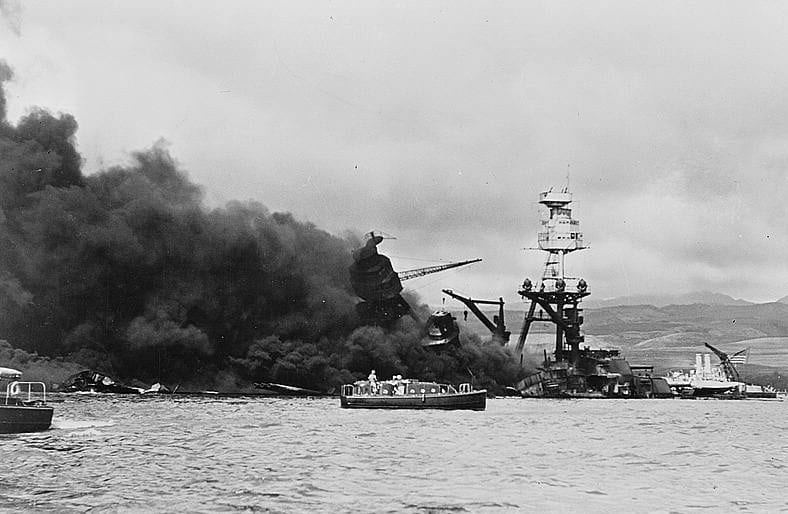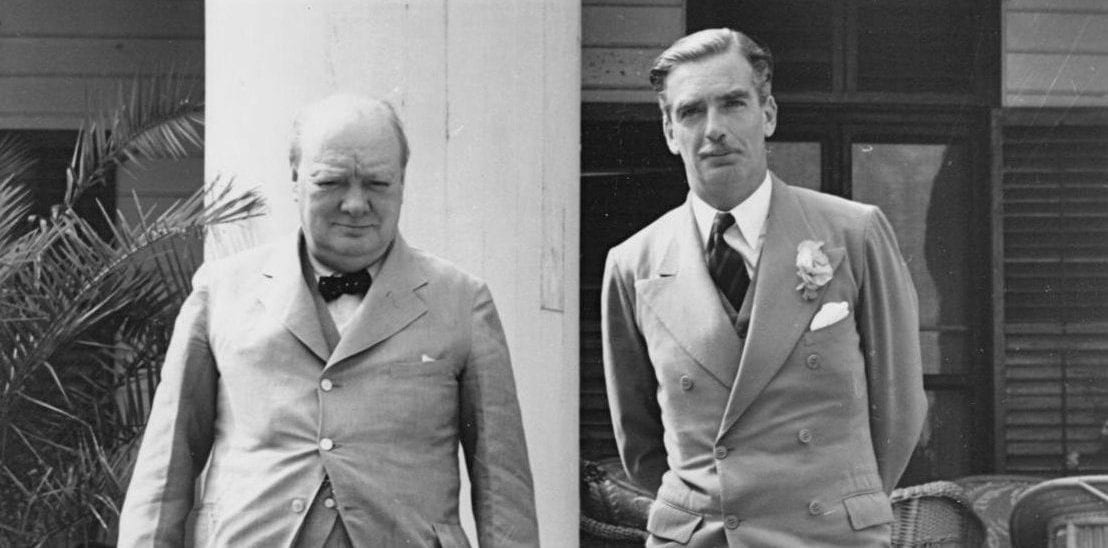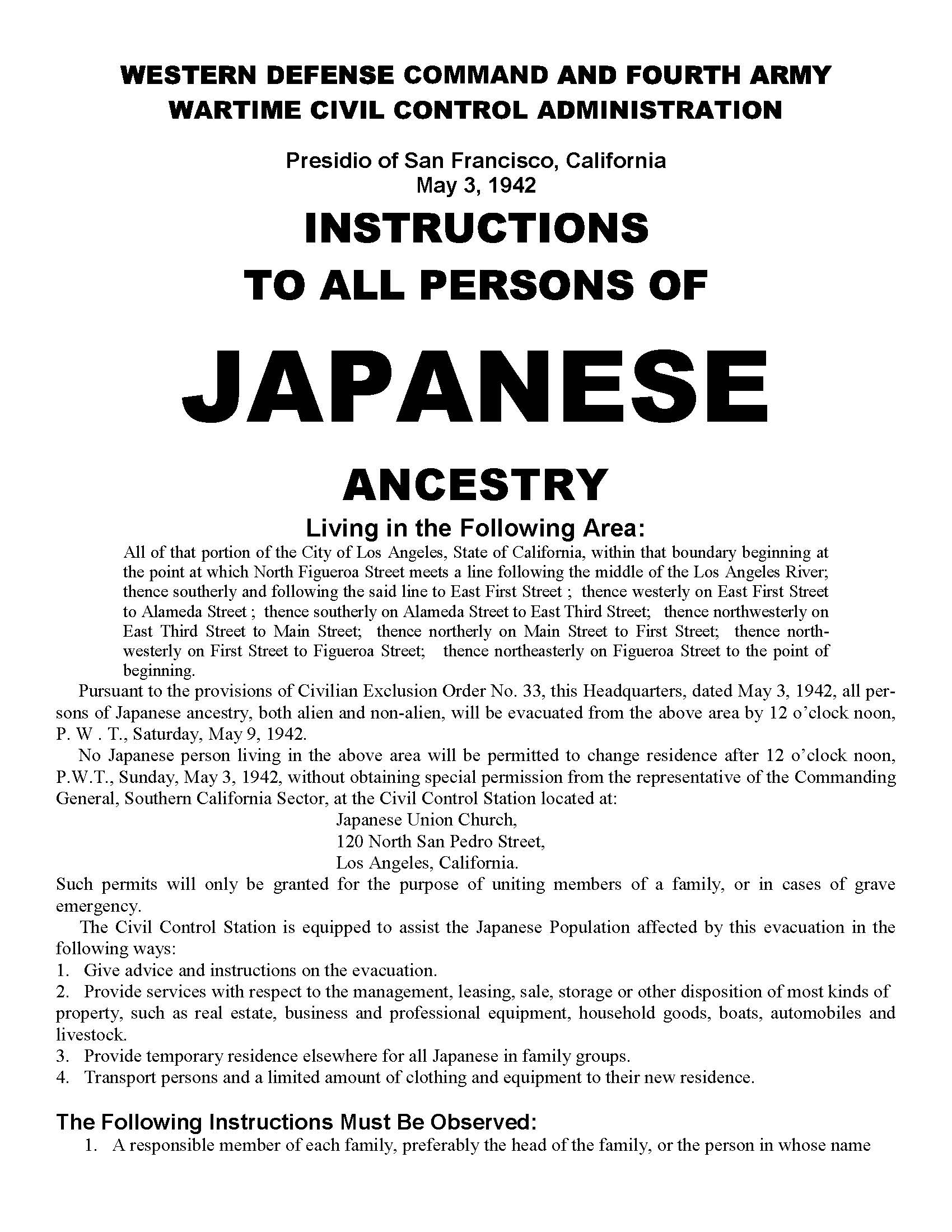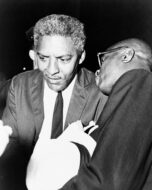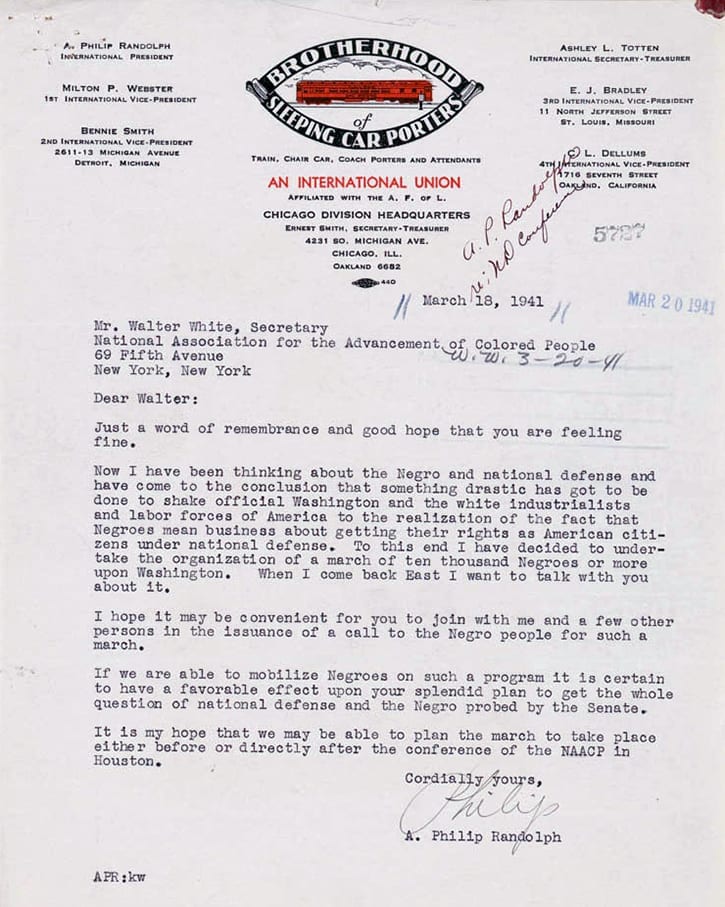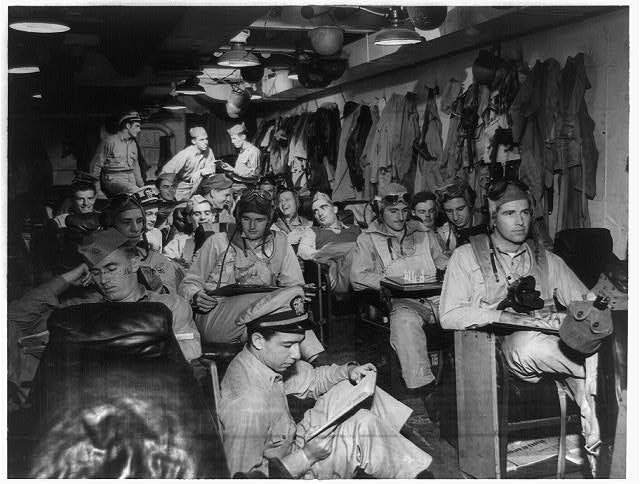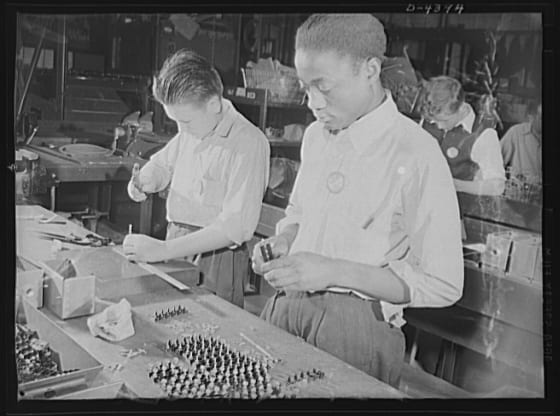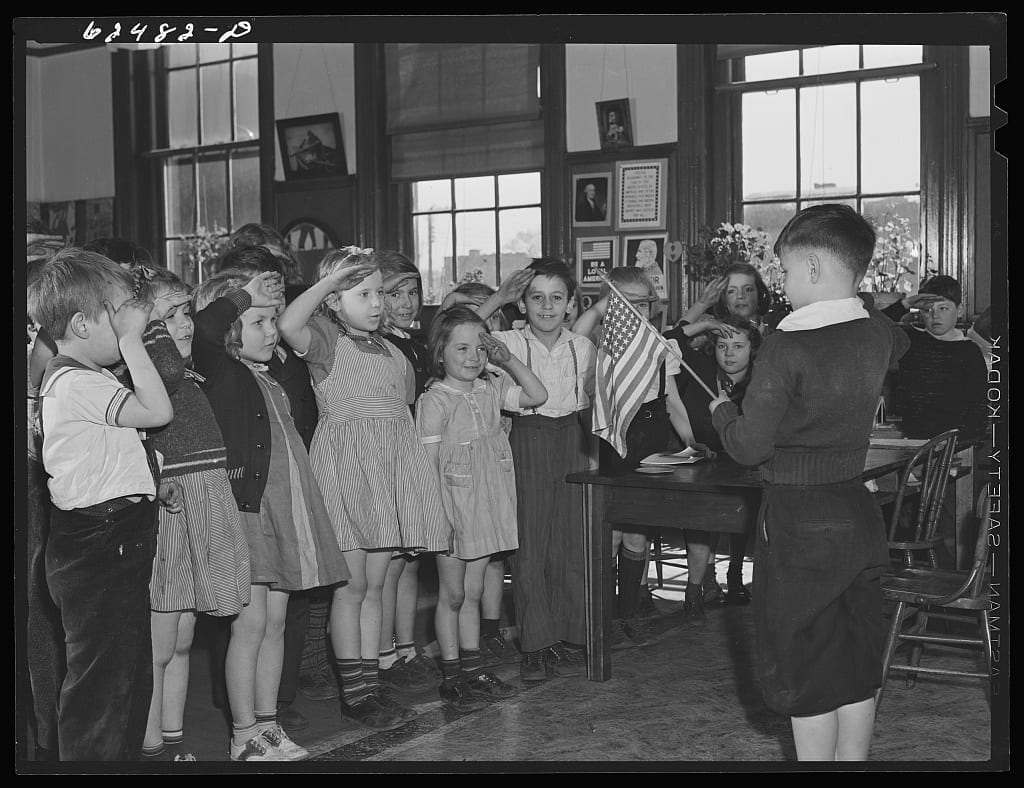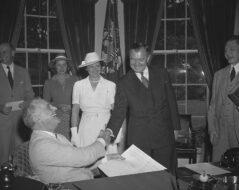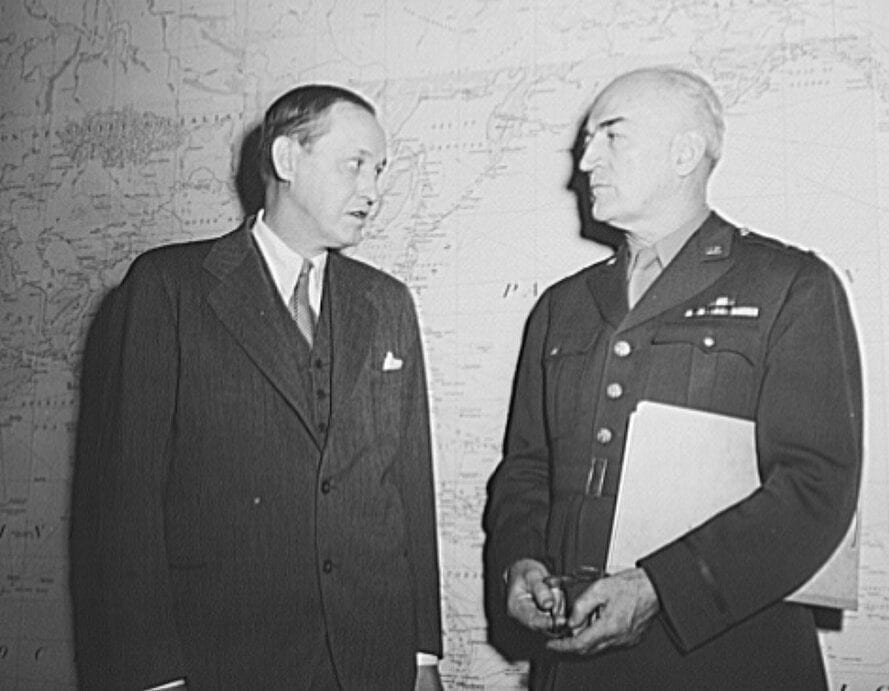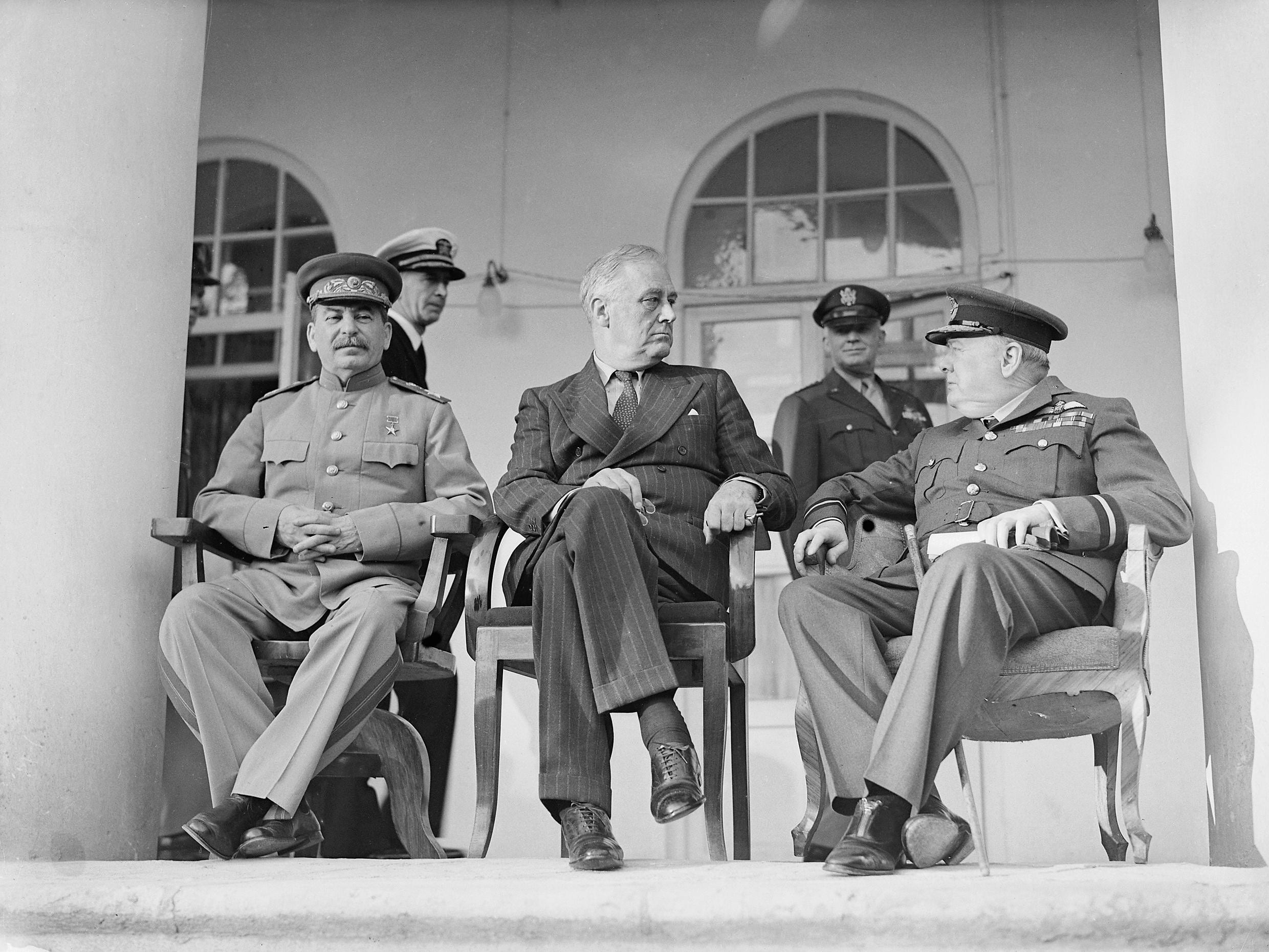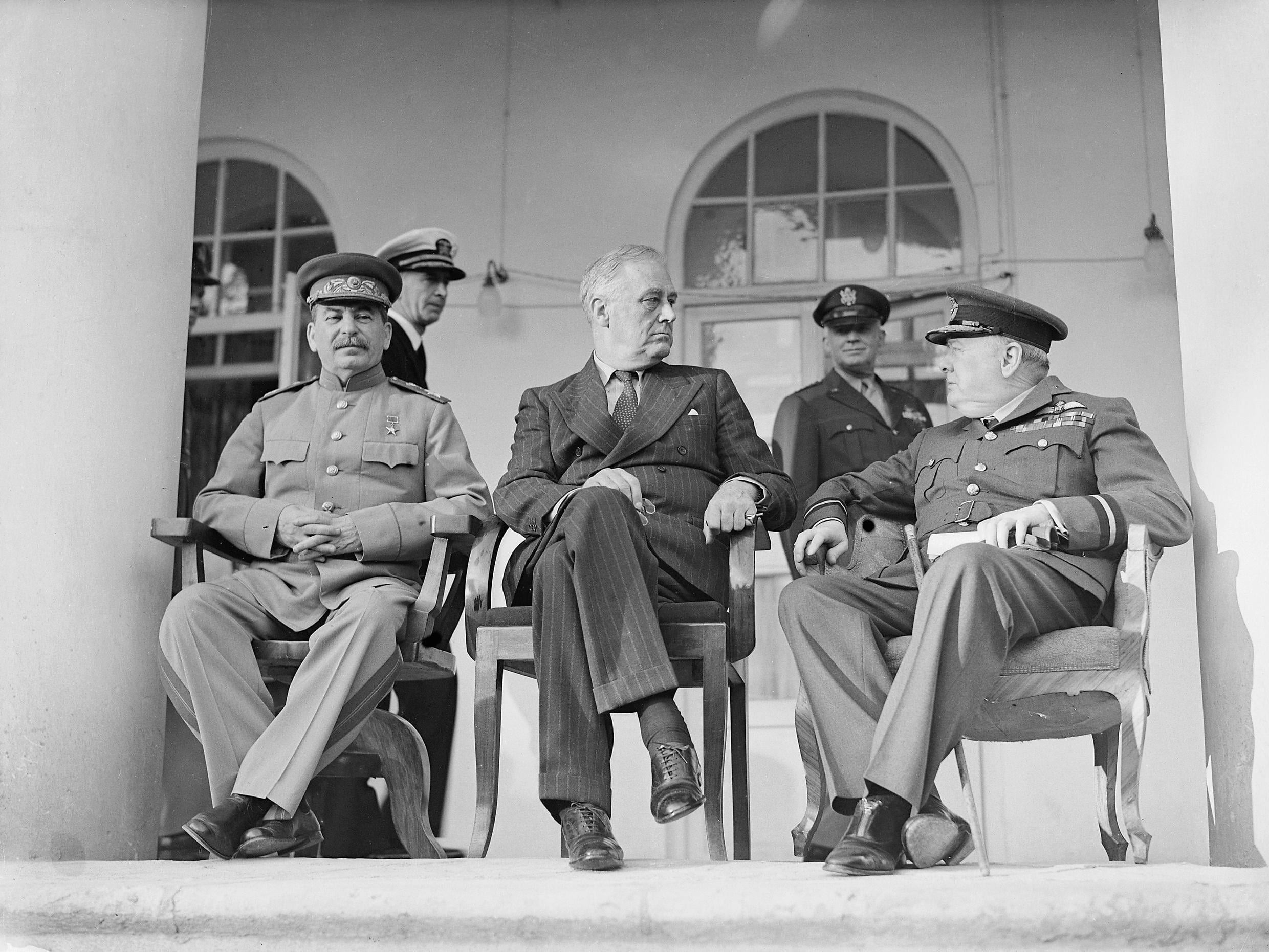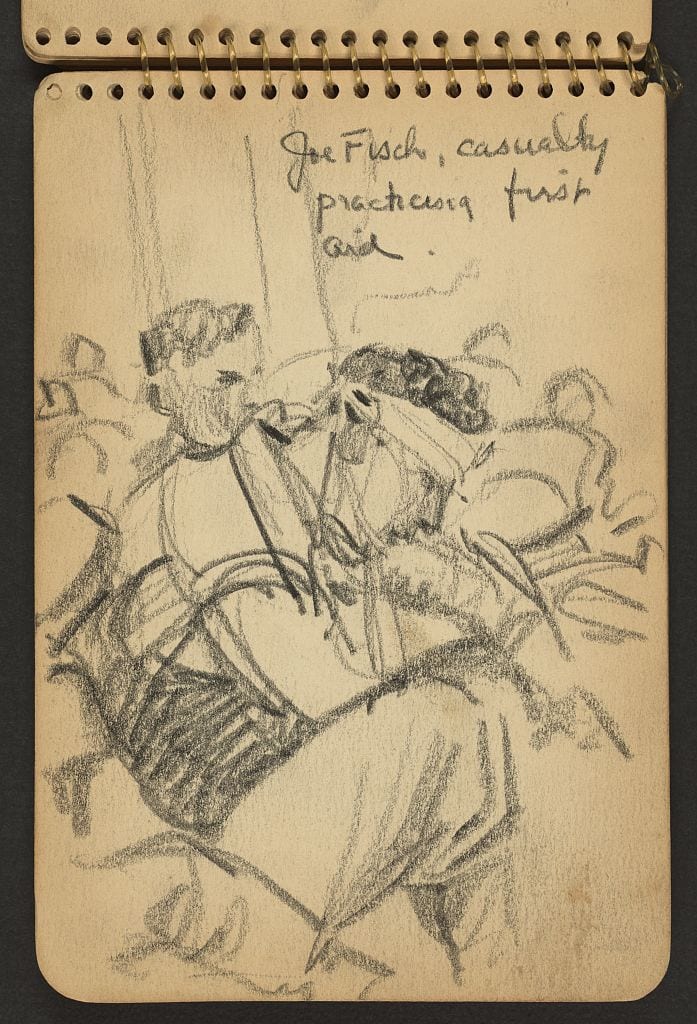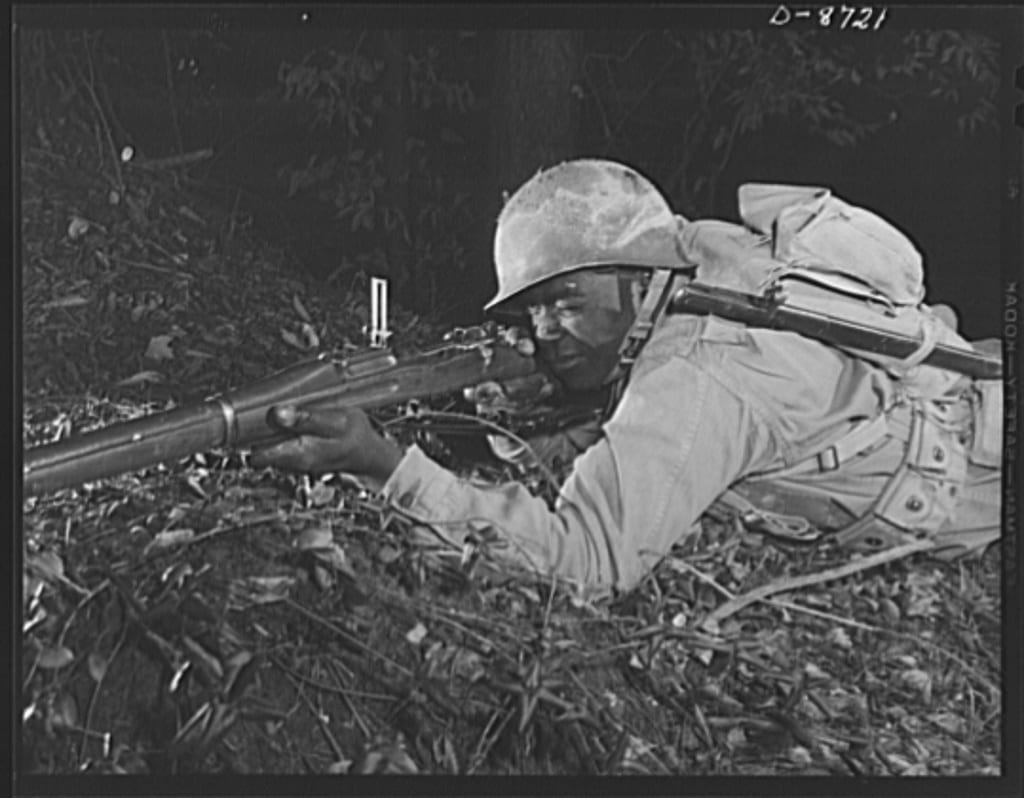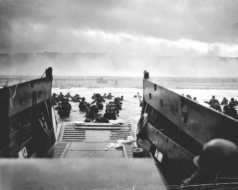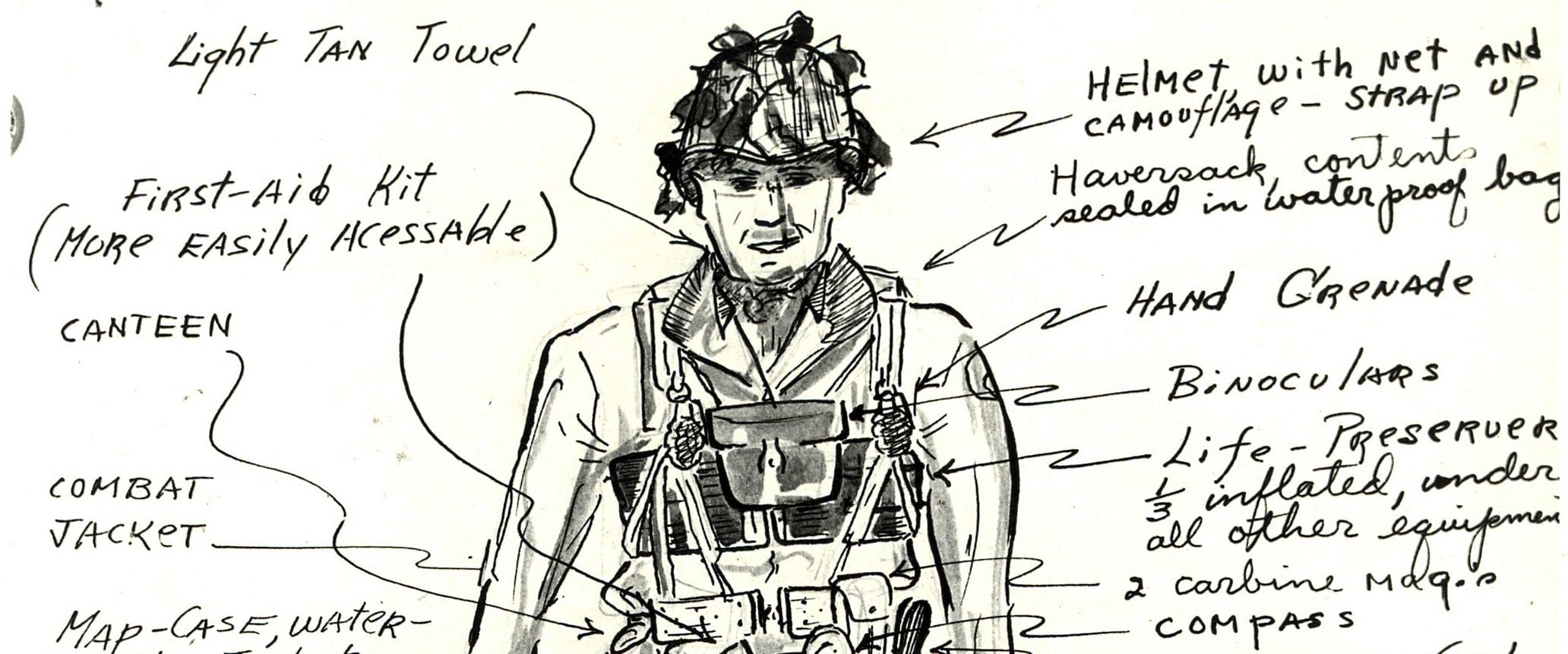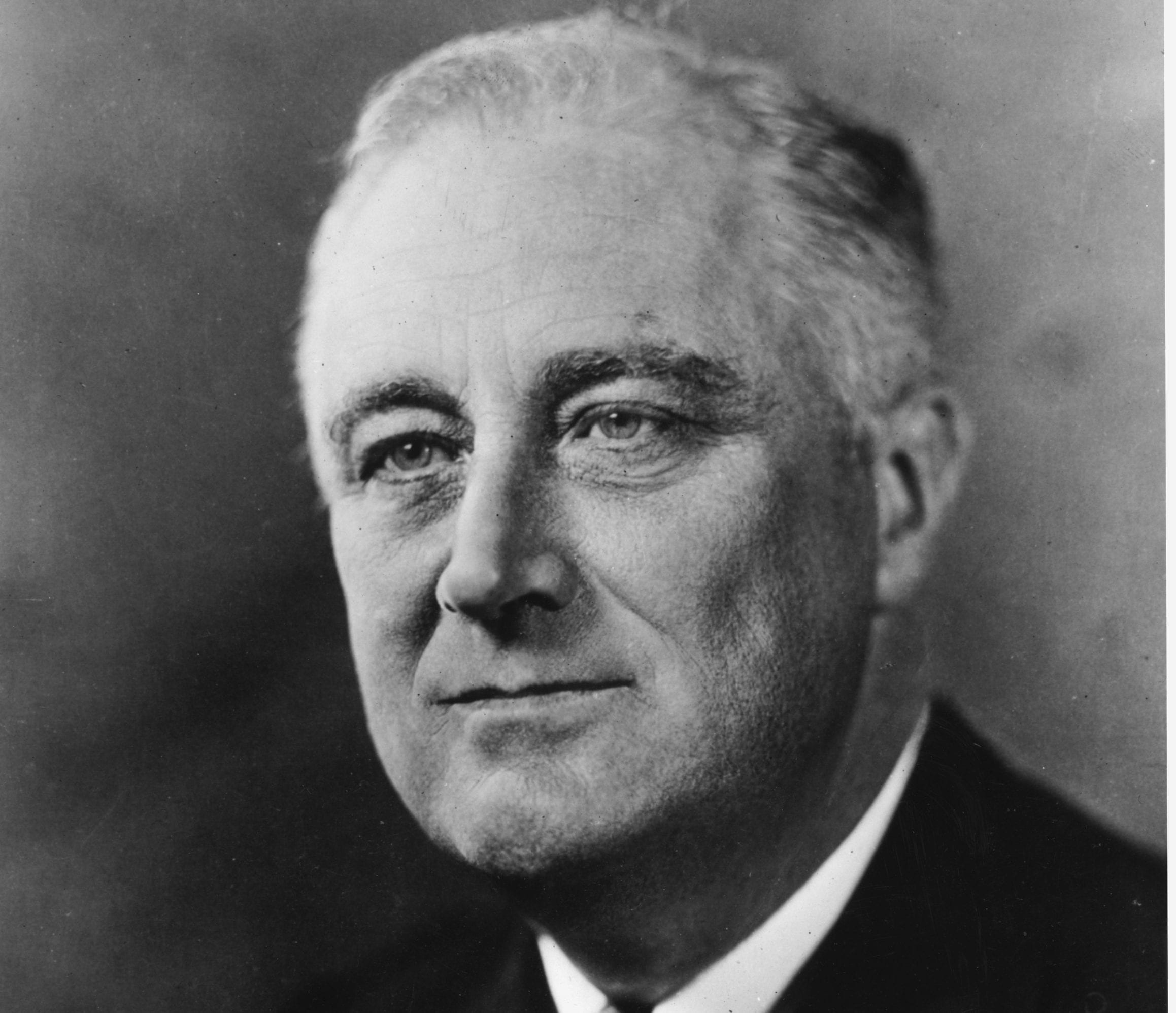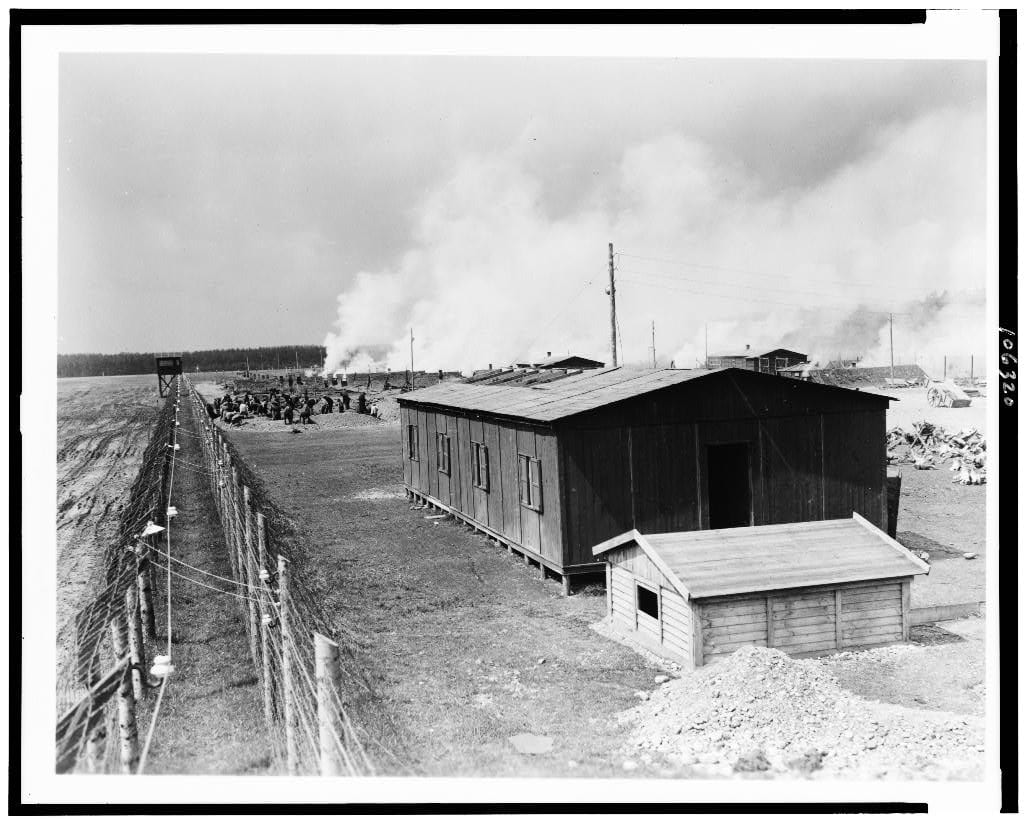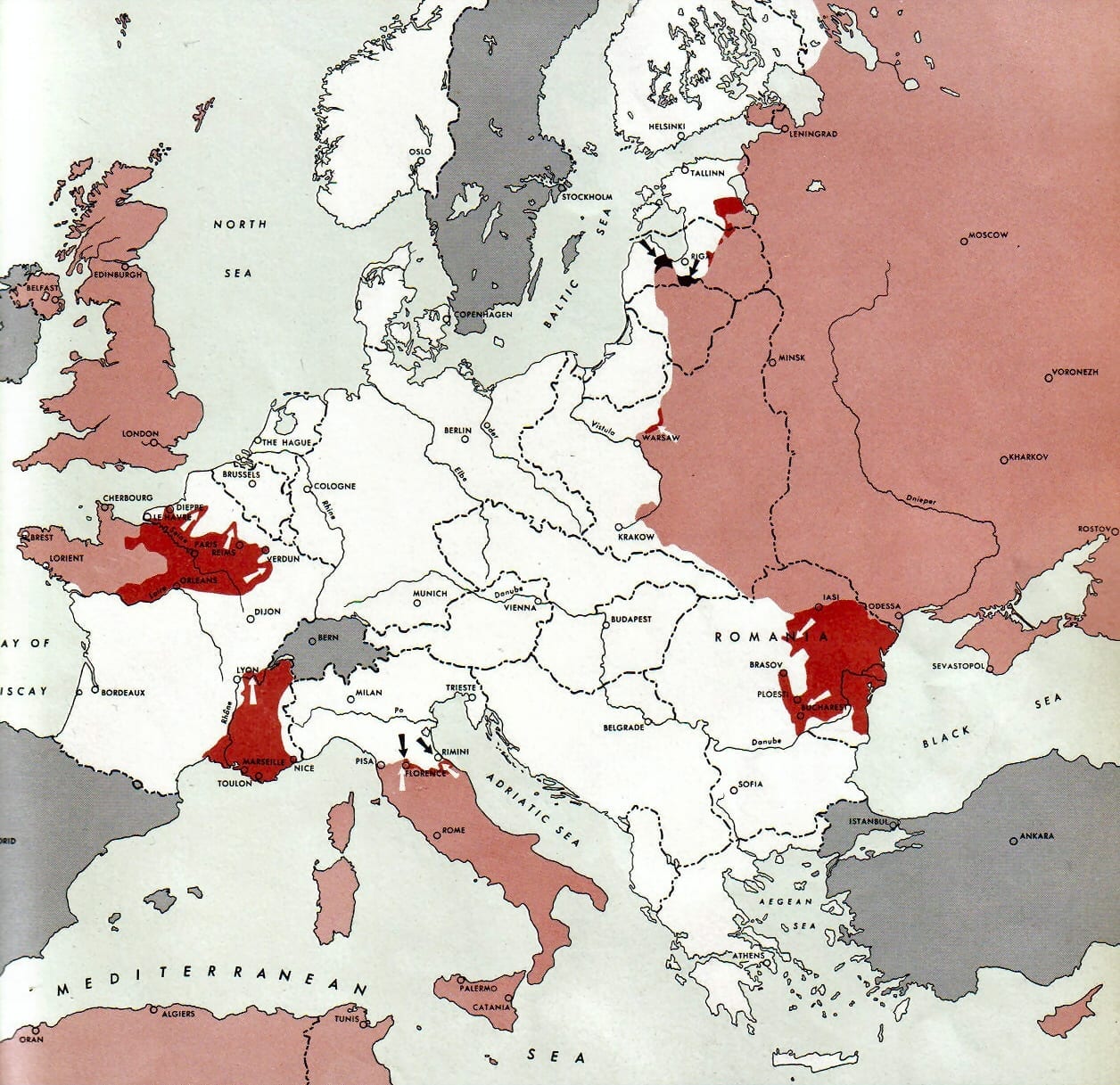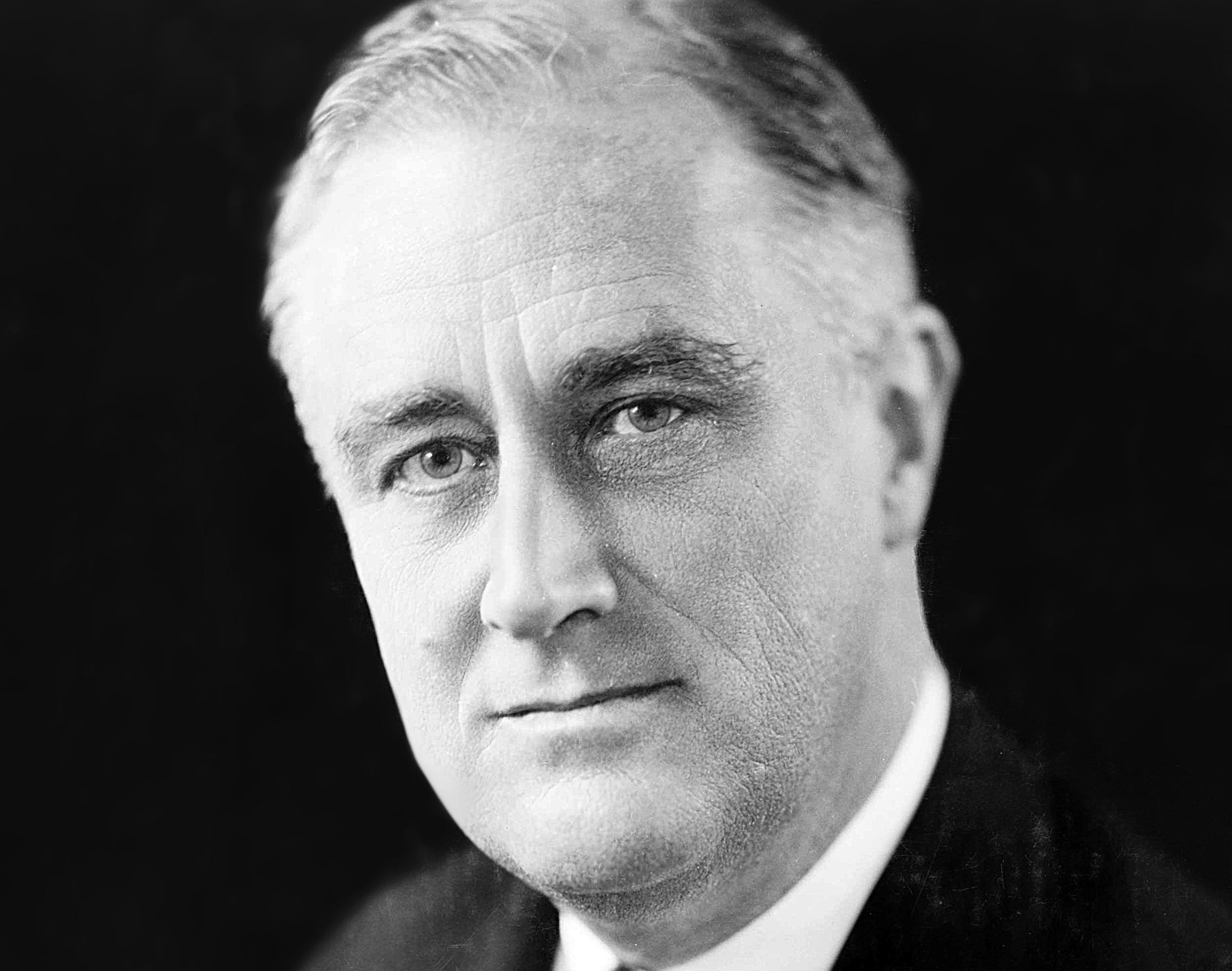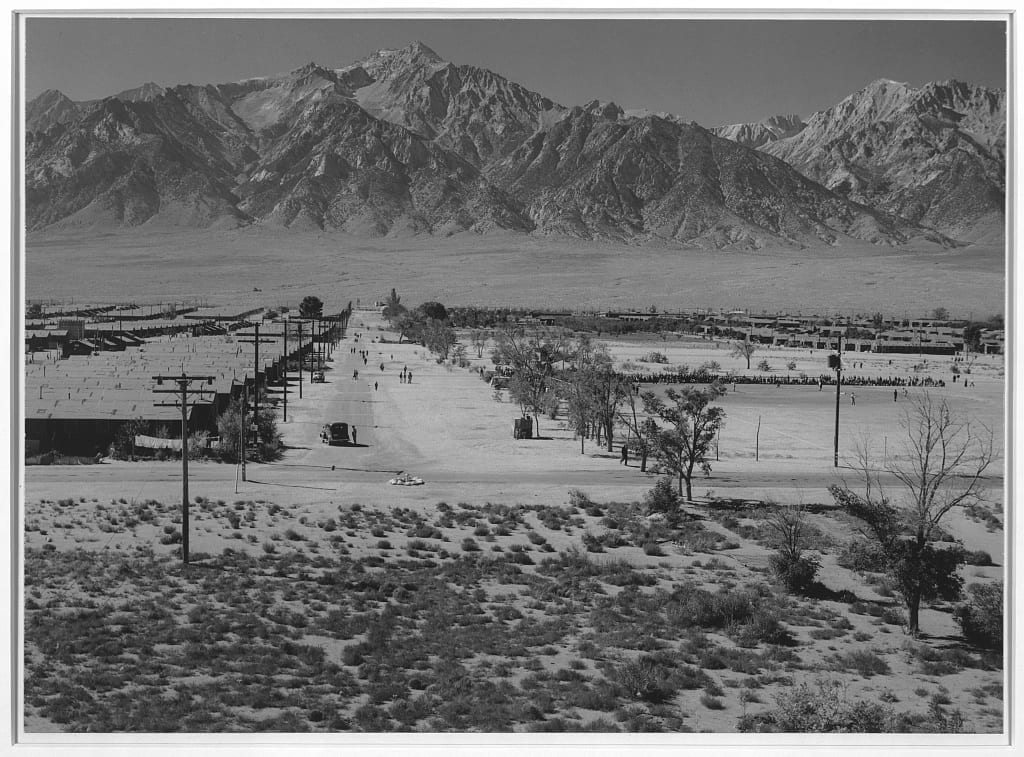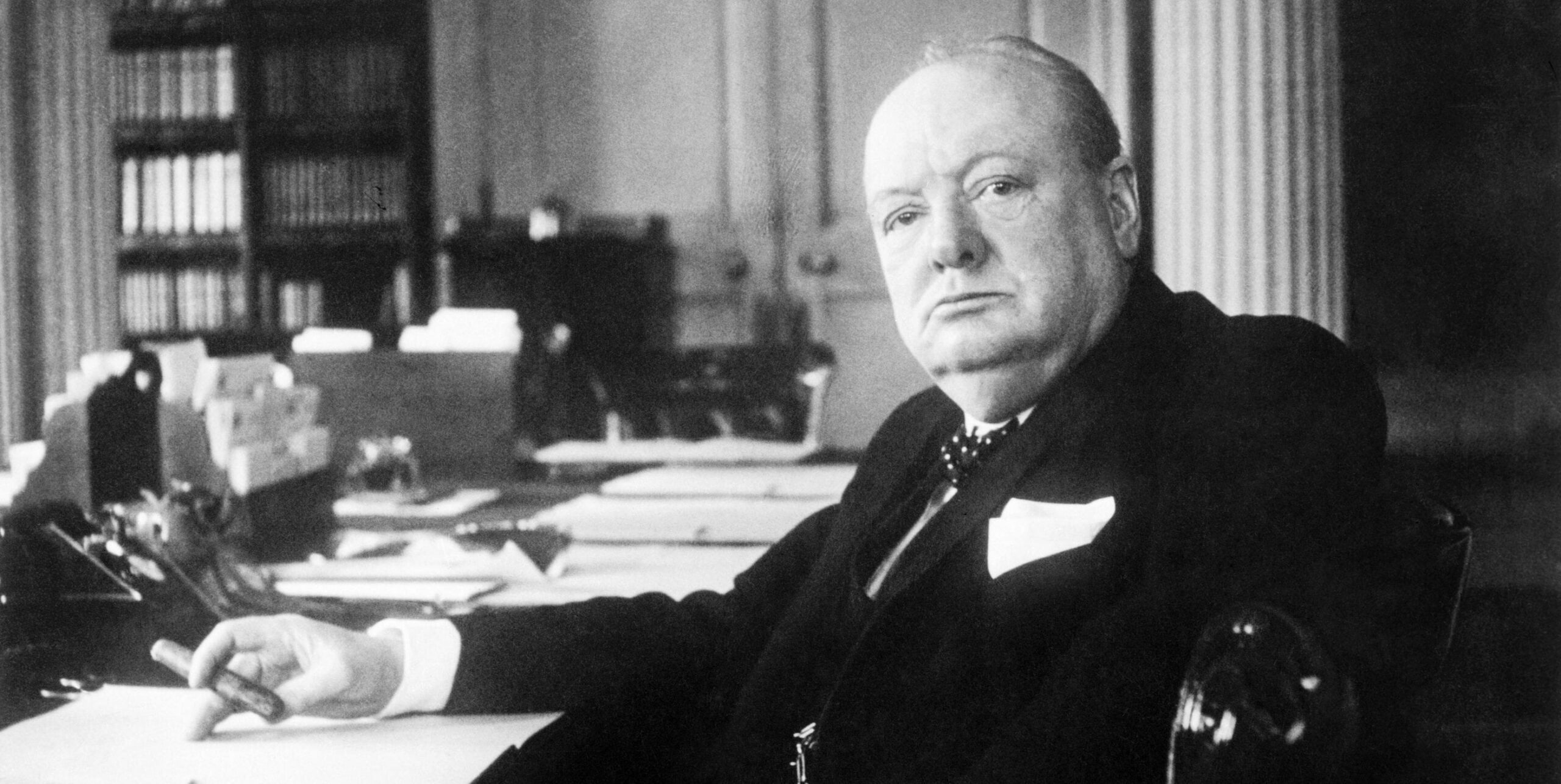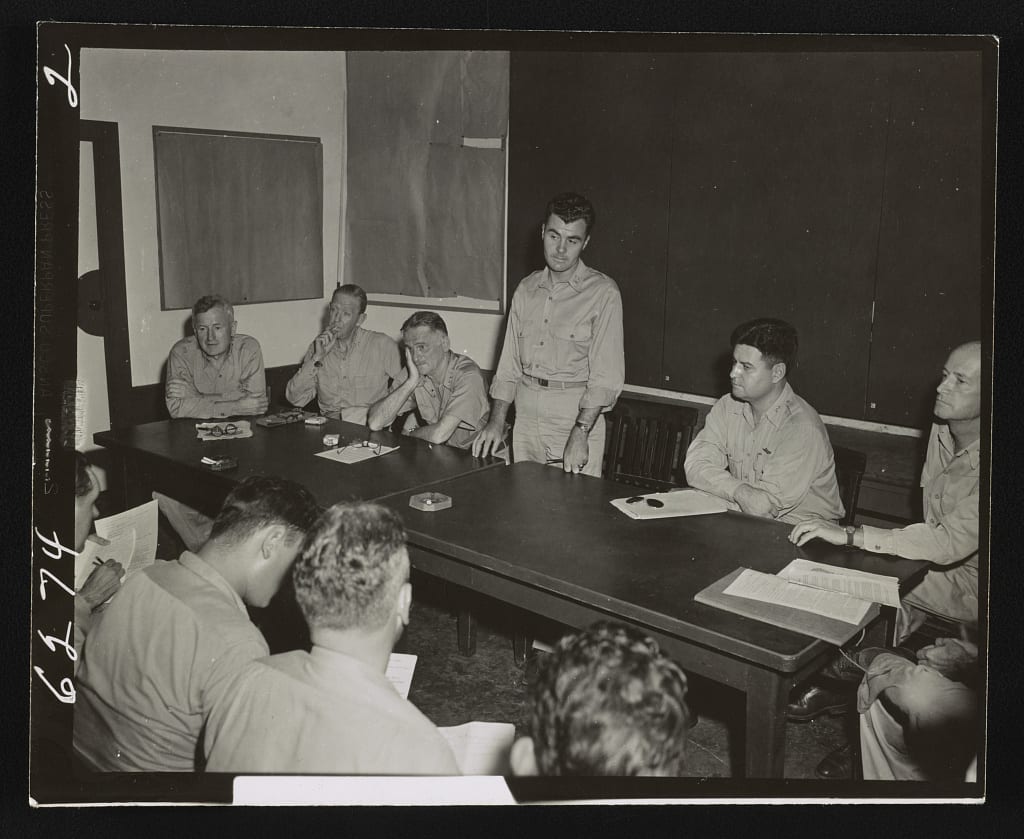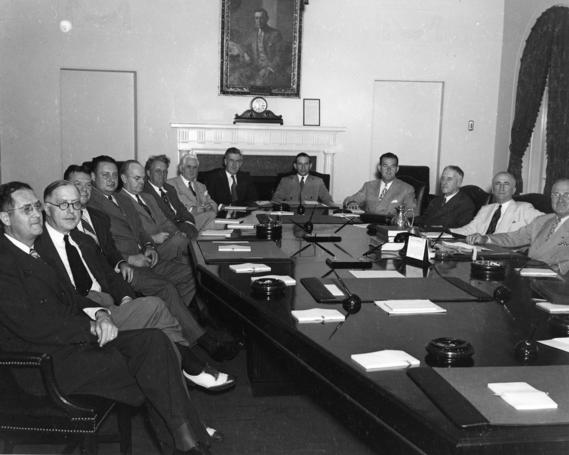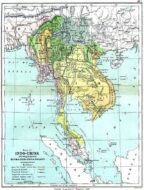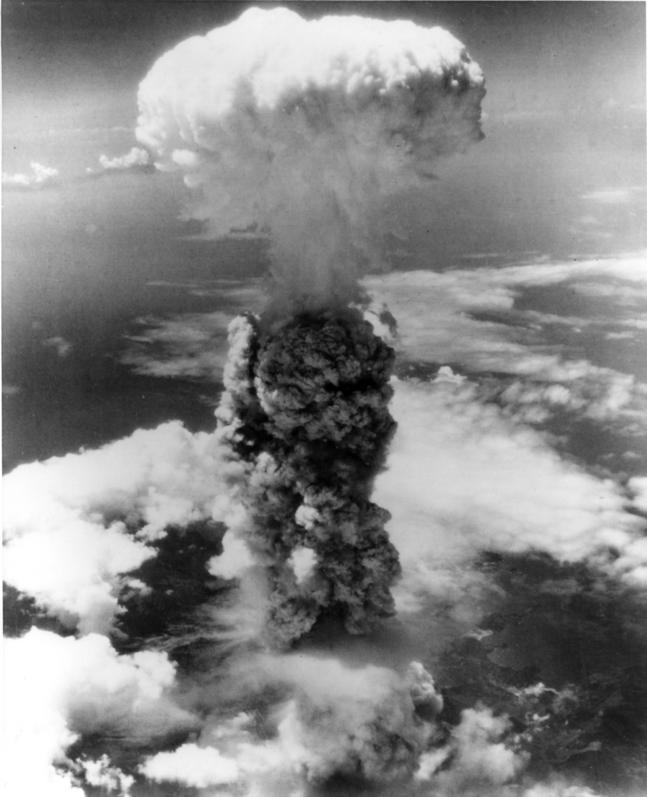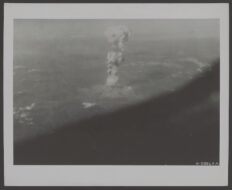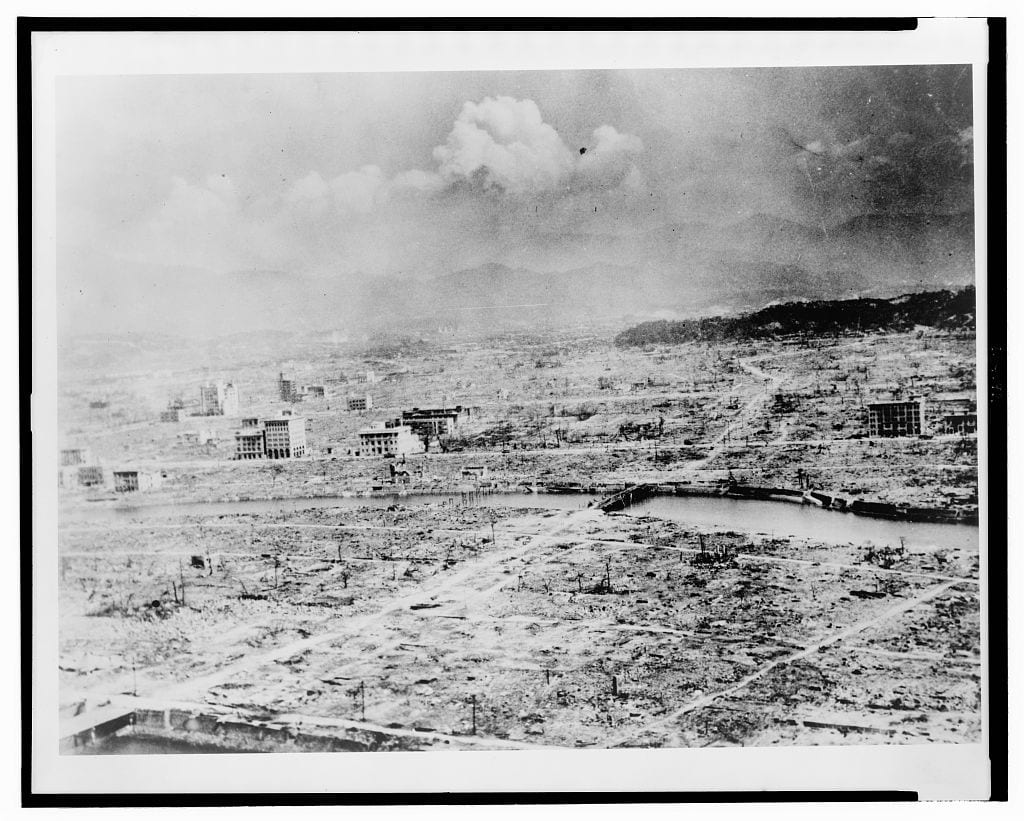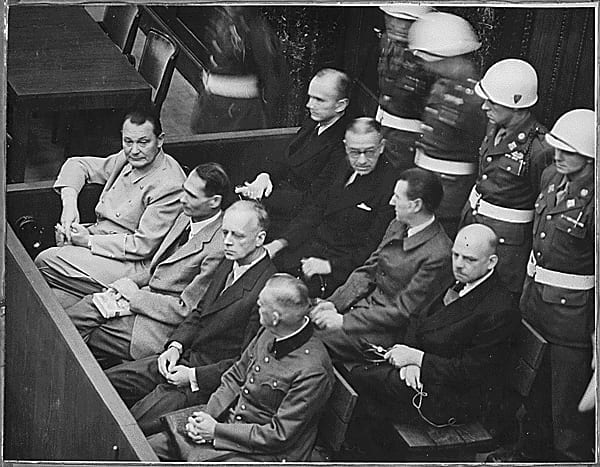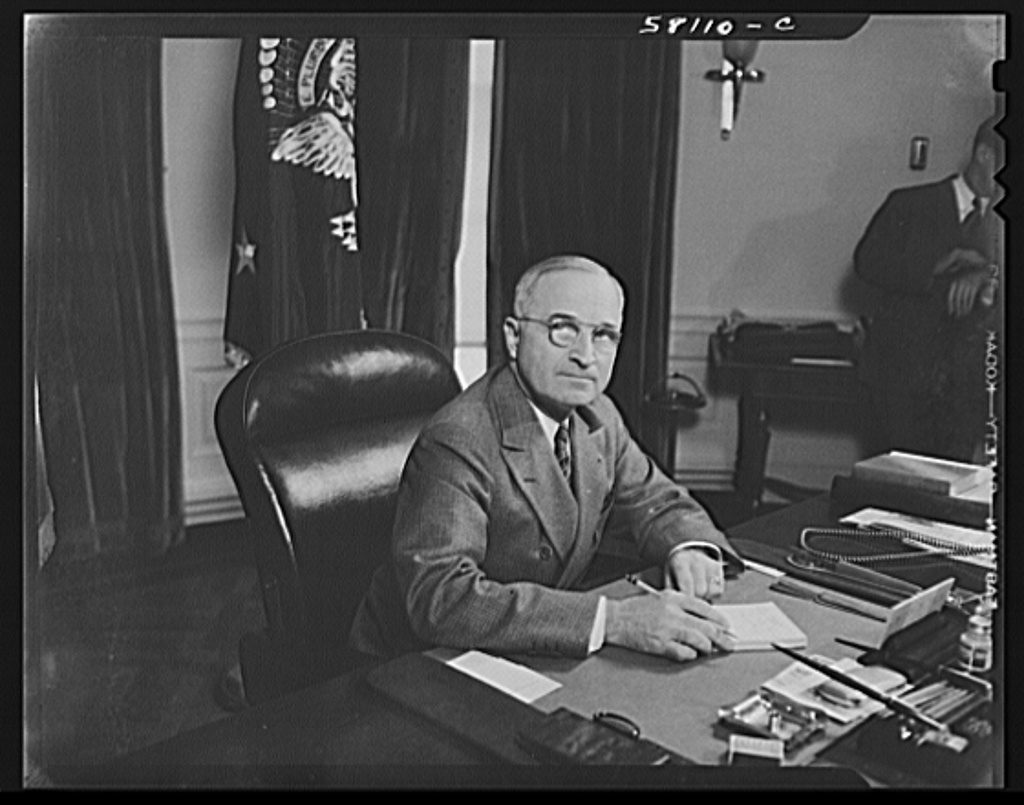
In the hope that it will save time and add to clarity, I have attempted to outline briefly my reasons for opposition to this bill. In general, I have two. I oppose it, first, because I believe it is a step away from the system of government in which most of us in this country believe. Secondly, I oppose it because I think it represents a policy which will weaken rather than strengthen our nation.
The first point is simply my opinion as an American citizen. The second is closely connected with the development of aviation as a factor in modern warfare. It is this second point, if you will permit me, that I would like to discuss.
I shall have to speak with the utmost frankness in order to make my position dear. If my discussion seems materialistic, it is because war is materialistic, and must be met, at least for the moment, with material measures. No one deplores this fact more than I. Possibly if our outlook had been more spiritual during the years of peace, it would not have to be so material today.
And here I would like to say that I have never taken the stand that it makes no difference to us who wins this war in Europe. It does make a difference to us, a great difference. But I do not believe that it is either possible or desirable for us in America to control the outcome of European wars.
When I am asked which side I would like to have win, it would be very easy for me to say “the English.” But, gentlemen, an English victory, if it were possible at all, would necessitate years of war and an invasion of the Continent of Europe. I believe this would create prostration, famine and disease in Europe—and probably in America—such as the whole world has never experienced before. This is why I say that I prefer a negotiated peace to a complete victory by either side.
This bill is obviously the most recent step in a policy which attempts to obtain security for America by controlling internal conditions in Europe. The policy of depleting our own forces to aid England is based upon the assumption that England will win this war. Personally, I do not believe that England is in a position to win the war. If she does not win, or unless our aid is used in negotiating a better peace than could otherwise be obtained, we will be responsible for futilely prolonging the war and adding to the bloodshed and devastation in Europe, particularly among the democracies.
In that case, the only advantage we can gain by our action lies in whatever additional time we obtain to prepare ourselves for defense. But instead of consolidating our own defensive position in America, we are sending a large portion of our armament production abroad. In the case of aviation, for instance, we have sent most of it, yet our own air forces are in deplorable condition for lack of modern equipment. The majority of the planes we now have are obsolescent on the standards of modern warfare.
This bill even authorizes the transfer of the equipment that our air forces now possess. From the standpoint of aviation, at least, I believe this policy weakens our security in America.
In order to make this point clear, I would like to touch briefly upon the aviation situation in Europe.
During the study I made of European aviation in 1936, 1937 and 1938, I was forced to the conclusion that Germany was the natural air power of Europe, just as England is the natural sea power. I based this conclusion upon a combination of factors including geographical and meteorological conditions; national psychology; ability in the design, manufacture, and operation of aircraft; and upon a comparison of existing European air forces and manufacturing facilities.
I concluded that the United States was the only nation in the world capable of equaling or excelling Germany in aviation. But since we in America had specialized in commercial aviation, and neglected military aviation, it was obvious to me that Germany had a lead in military aviation which could not be overcome in less than several years. I believe that the campaigns and developments of the war have borne out these conclusions.
At the present moment Germany controls air bases on the Continent of Europe which extend almost in a semicircle around the British Isles. From these bases she can converge upon the relatively centralized industry and aviation establishments of England. This fact alone gives the German Air Force great advantage. Even if the British and German air forces were equal in strength, Germany would have the advantage geographically.
Her air bases are now much closer to the English objectives than the English air bases are to the German objectives. The German bomber can carry extra bombs, while the English bomber must carry extra fuel. And the Germans have longer warning of an attack than the English have be-cause of the greater distances that must be flown over the Continent before important objectives can be reached.
In support of these facts, I cite the ease with which London can be bombed, in comparison to the difficulty involved in bombing Berlin. And in addition to Germany’s advantage geographically, she has the additional asset of a much stronger air force and far greater aircraft manufacturing facilities than exist in England.
In view of these factors alone, I believe it is obvious that England cannot obtain an air strength equal to Germany’s without great assistance from the United States; and my personal opinion is that, regardless of how much assistance we send, it will not be possible for American and British aviation, concentrated in the small area of the British Isles, to equal the strength of German aviation, with unlimited bases throughout the Continent of Europe. We would have a disadvantageous geographical position from which to fight, and an ocean to cross with aircraft, men, fuel and supplies, while our ships would be constantly subjected to the bombs and torpedoes of our enemy.
With this picture of Europe in mind, I now return to my statement that, from the standpoint of aviation, the attempt to gain supremacy of the air in Europe weakens our security in America. If we follow the policy represented by this bill, we will find ourselves with England as a bridgehead in Europe; and, one might say, with the American neck stretched clear across the Atlantic Ocean. If we establish such a bridgehead we must make every effort to maintain it. In that, as I say, I do not see how we can be successful.
If England is able to hold out for several years, and if we devote our maximum wartime effort to the production of aircraft, we can almost certainly equal or exceed the air strength of Germany. But then we would be confronted with the problem of transporting that air strength to the British Isles.
In doing this, we would have to rely largely on surface ships. We might be able to fly many of our aircraft to England, but the fuel and supplies to maintain them would have to go by sea. Thus we would place ourselves in the position of having our aviation in England dependent upon sea lanes within easy bombing range of our enemy’s aircraft.
It is also essential to take into consideration the fact that we have another island bridgehead in the Philippines; so that if we follow out the policy represented by this bill, we will have to maintain and protect supply lines which stretch two-thirds of the way around the earth, and which end in positions exposed to attack by the most powerful nations of both Europe and Asia.
This would be an audacious undertaking even if our nation were fully prepared for war. But we are not prepared for war, and the attempt to hold control of island positions off the coasts of Europe and Asia, at the same time, would necessitate depleting even the small defense forces that we now have, as the terms of this bill clearly show.
What we are doing in following our present policy is giving up an ideal defense position in America for a very precarious offensive position in Europe. I would be opposed to our entering the internal wars of Europe under any circumstances. But it is an established fact today, that our Army and our Air Force are but poorly equipped on modern standards, and even our Navy is in urgent need of new equipment.
If we deplete our forces still further, as this bill indicates we may, and if England should lose this war, then, gentlemen, I think we may be in danger of invasion, although I do not believe we are today. If we ever are invaded in America, the responsibility will lie upon those who send our arms abroad.
I advocate building strength in America because I believe we can be successful in this hemisphere. I oppose placing our security in an English victory because I believe that such a victory is extremely doubtful.
I am opposed to this bill because I believe it endorses a policy that will Iead to failure in war and to conditions in our own country as had or worse than those we now desire to overthrow in Nazi Germany.
I do not believe that the danger to America lies in an invasion from abroad. I believe it lies here at home in our own midst, and that it is exemplified by the terms of this bill—the placing of our security in the success of foreign armies and the removal of power from the representatives of the people in our own land.
’Give Us the Tools’
February 09, 1941
Conversation-based seminars for collegial PD, one-day and multi-day seminars, graduate credit seminars (MA degree), online and in-person.

